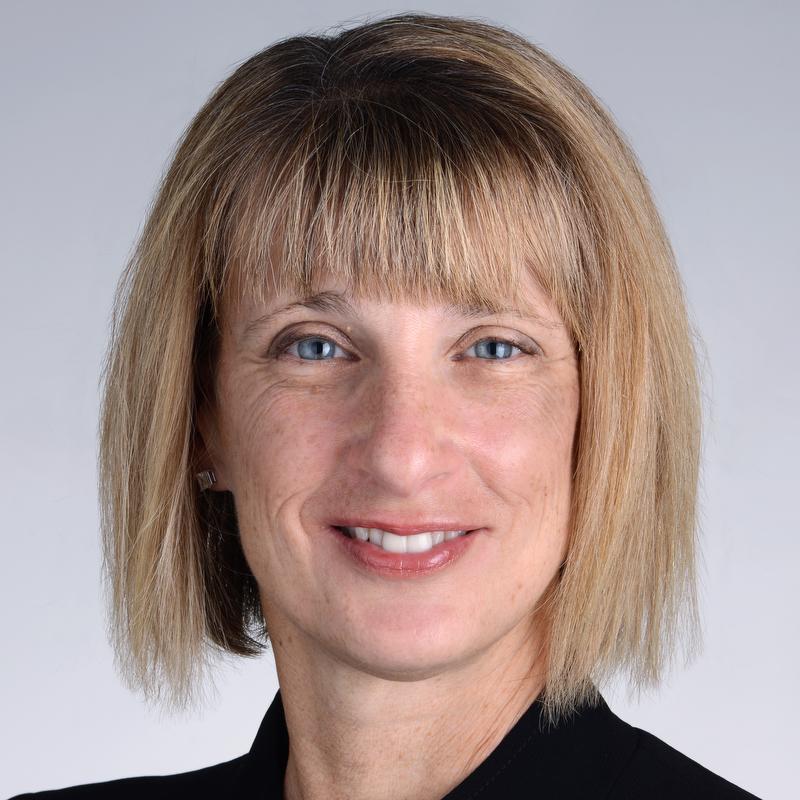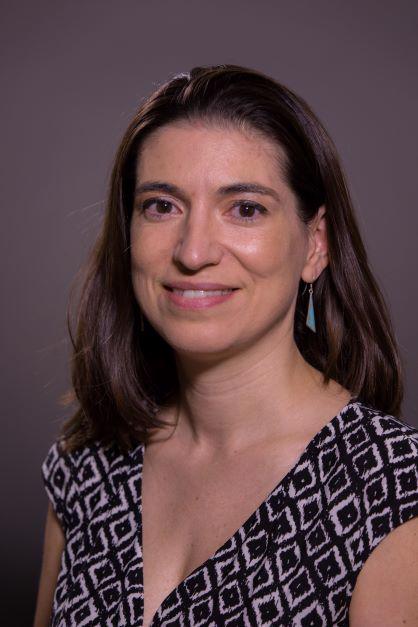

Meet KL2 Scholar Romina Barral, M.D.
By Kelly Hale , Marketing & Communications Specialist
Oct 14, 2022
Spend time with Dr. Romina Barral and you’ll hear the passion she has for helping the Latino community. The University of Buenos Aires graduate joined Children’s Mercy Kansas City 10 years ago and soon after joining, reached out to the University of Kansas Medical Center about opportunities to work with the Latino community around reproductive health needs.
And that’s how she met someone she considers central to her work: Marianna Ramirez at JUNTOS Center for Advancing Latino Health. JUNTOS, who has built trust within the community and has a wide network of collaborators, was crucial to her research work with the Latino community in southwest Kansas. This pilot work was funded by Children’s Mercy and allowed her to collect data on reproductive health needs among teens from rural Latino communities in Kansas. This initial data informed a successful KL2 application that aimed to decrease disparities in access to sexual and reproductive health for teens from rural Latino communities.
“JUNTOS helped coordinate logistics and communication with the Latino community in southwest Kansas, they have a strong network and history of collaboration with many community members, and they are always ready to help!” Barral said.
“This was a team effort, and I could not have done it without my mentors. I think it’s important to have several mentors. You need mentors who can help you think through your research, help with applications for funding, peer mentors, and mentors who can help connect you to resources or just provide a different perspective. They are all very important,” Barral said.
And for her part, Barral has extended her network of mentors throughout the project, which include KU Medical Center’s Ed Ellerbeck and Megha Ramaswamy and Children’s Mercy’s Melissa Miller and Vincent Staggs, but also mentors at the University of Pittsburgh (Dr. Liz Miller),the University of California – Davis (Dr. Jill Joseph), and the University of California San Francisco (Dr. Claire Brindis).
Barral was one of four KL2 scholars who were supported by funding from either Frontiers and/or their own institutions and engaged in the same training program as Frontiers NIH-funded KL2 scholars. The support that she received from Frontiers and Children’s Mercy was critical to her success. Institutional funding, like that provided to Barral, provides the protected time that is essential to launching a successful research career. She noted that as a clinician, the KL2 provided crucial time to switch to ‘research thinking.’ It allowed time to work with mentors, build a body of research and get published. Additionally, it provided access to research infrastructure and training, and the opportunity to connect with other researchers, learn about their studies, and develop a network of potential collaborators.
Barral, who recently graduated from the KL2 program when she obtained her own K23, acknowledges, “I can’t thank Frontiers enough for giving me this amazing opportunity with the KL2. I feel very privileged to have been part of the program.”
““I can’t thank Frontiers enough for giving me this amazing opportunity with the KL2. I feel very privileged to have been part of the program.””
Latest Articles
View All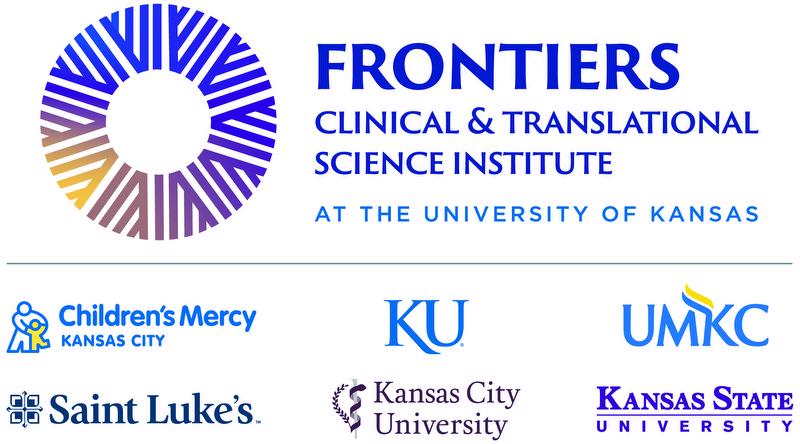 Funded Projects · News
Funded Projects · News
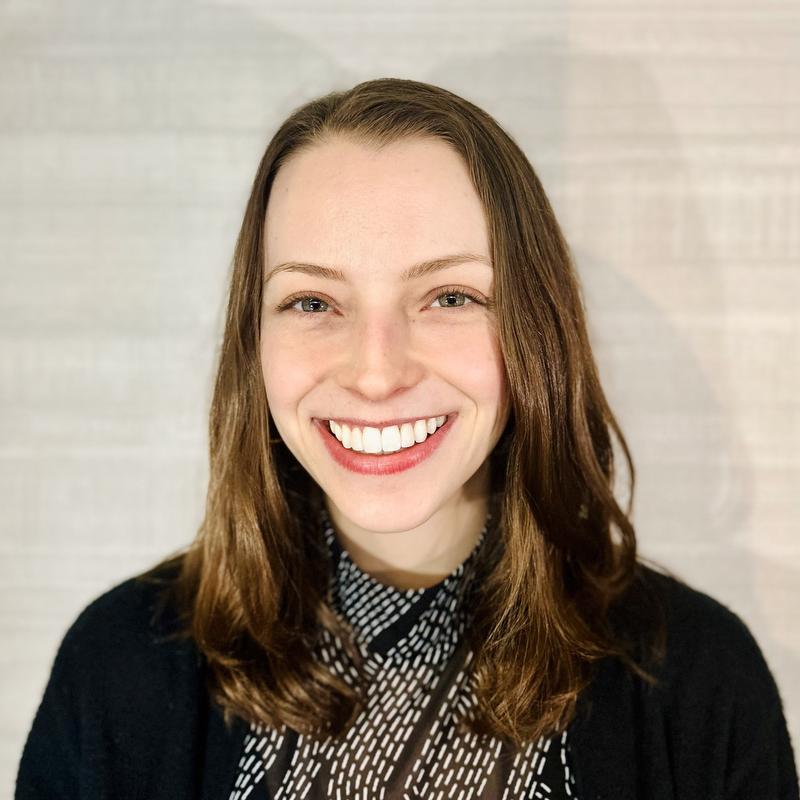 TL1 Trainee · News
TL1 Trainee · News
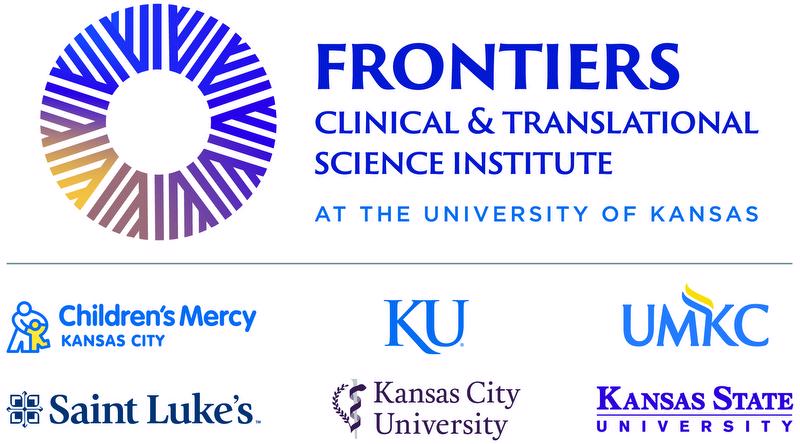 Funded Projects · News
Funded Projects · News
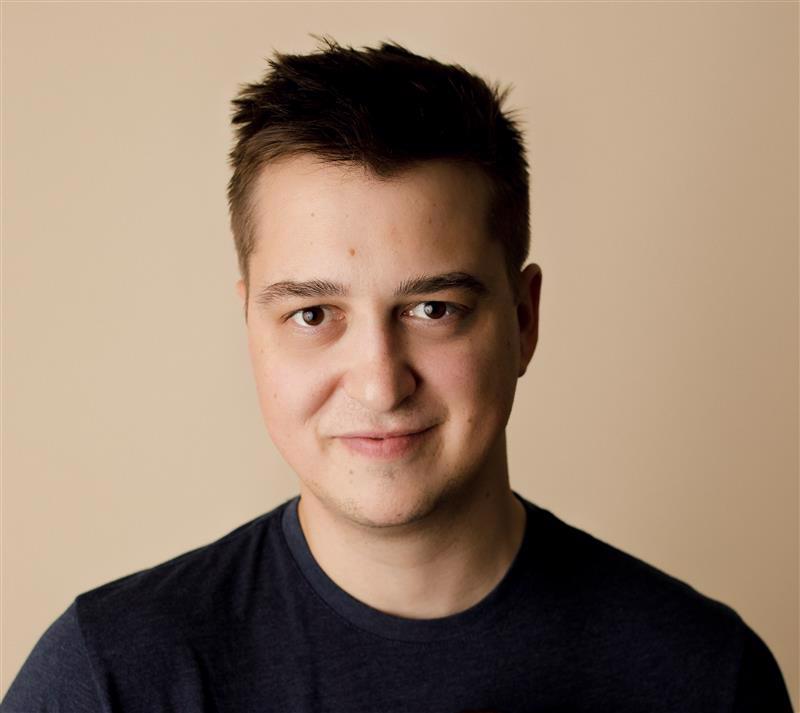 TL1 Trainee · News
TL1 Trainee · News
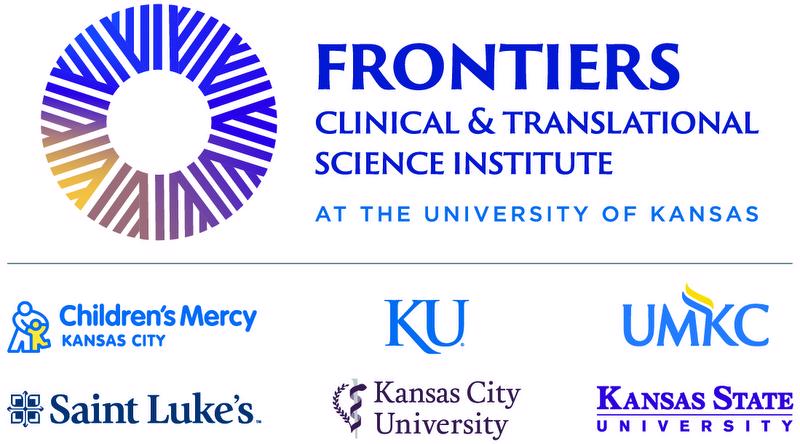 Funded Projects · News
Funded Projects · News
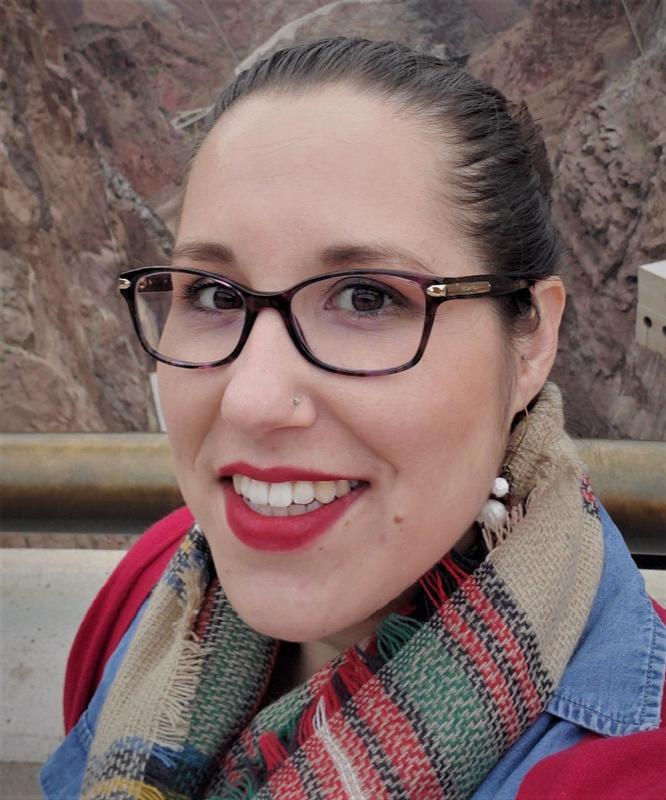 TL1 Trainee · News
TL1 Trainee · News
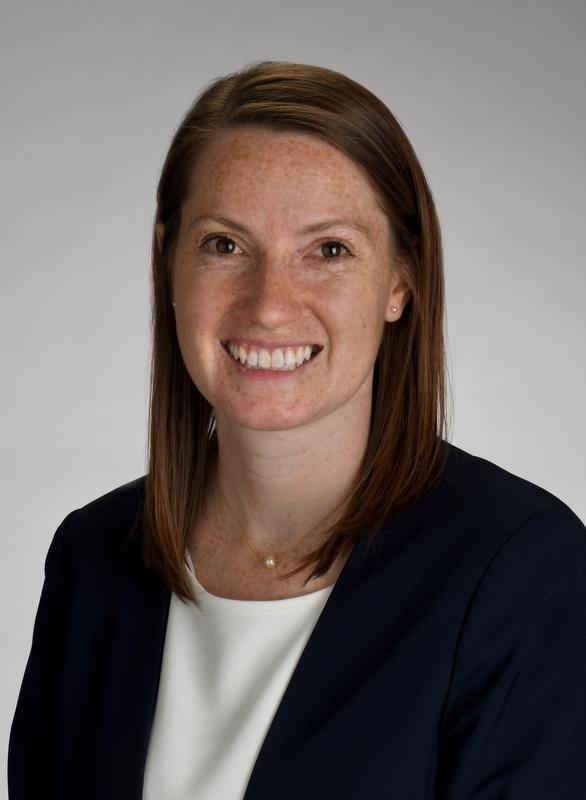 KL2 Scholar · News
KL2 Scholar · News
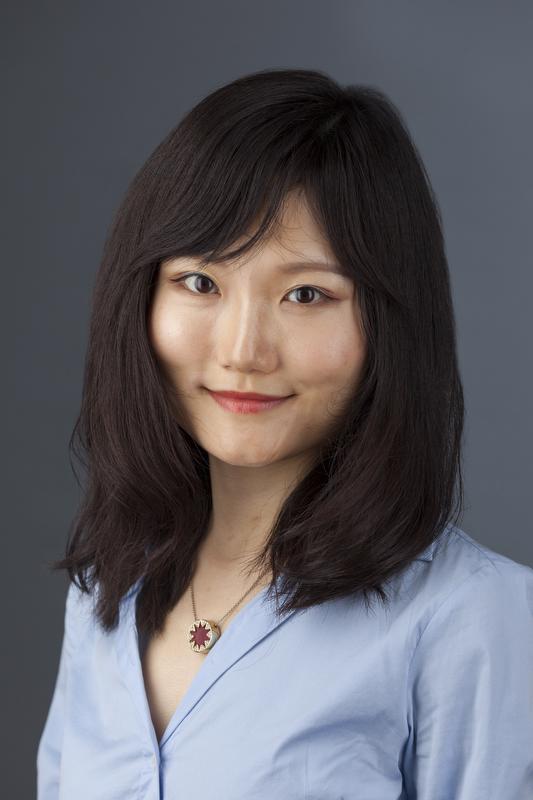 Funded Projects · News
Funded Projects · News
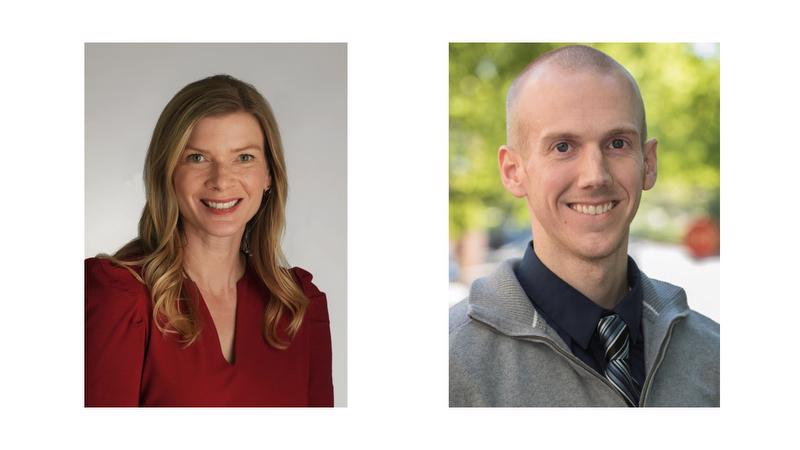 Funded Projects · News
Funded Projects · News
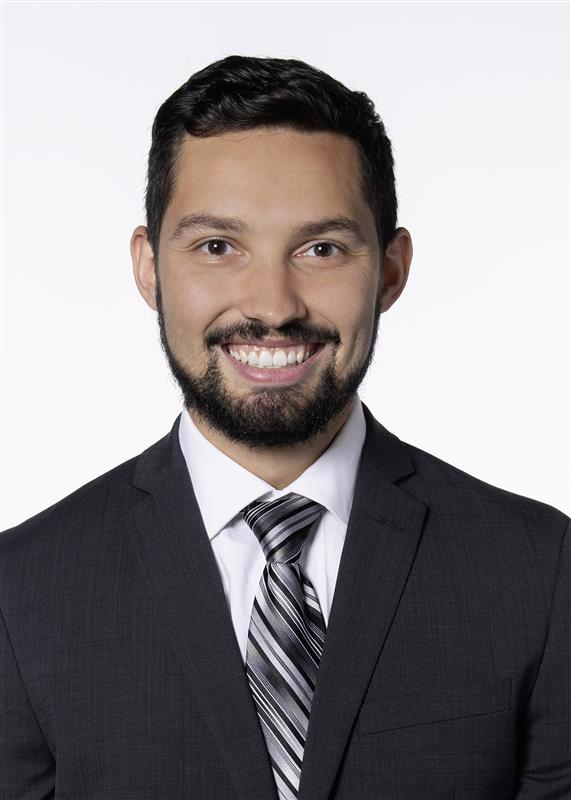 TL1 Trainee · News
TL1 Trainee · News
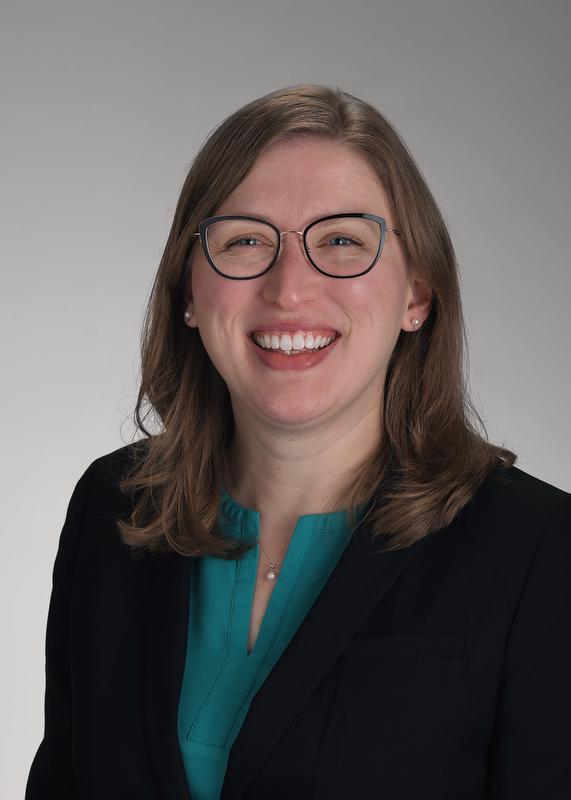 KL2 Scholar · News
KL2 Scholar · News
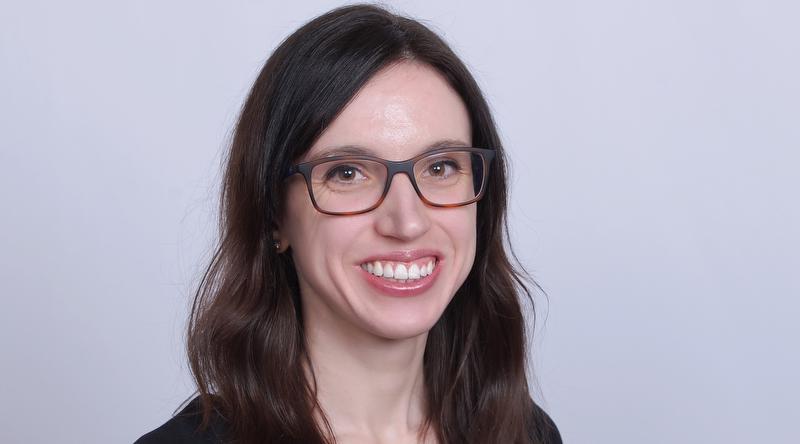 Funded Projects · News
Funded Projects · News
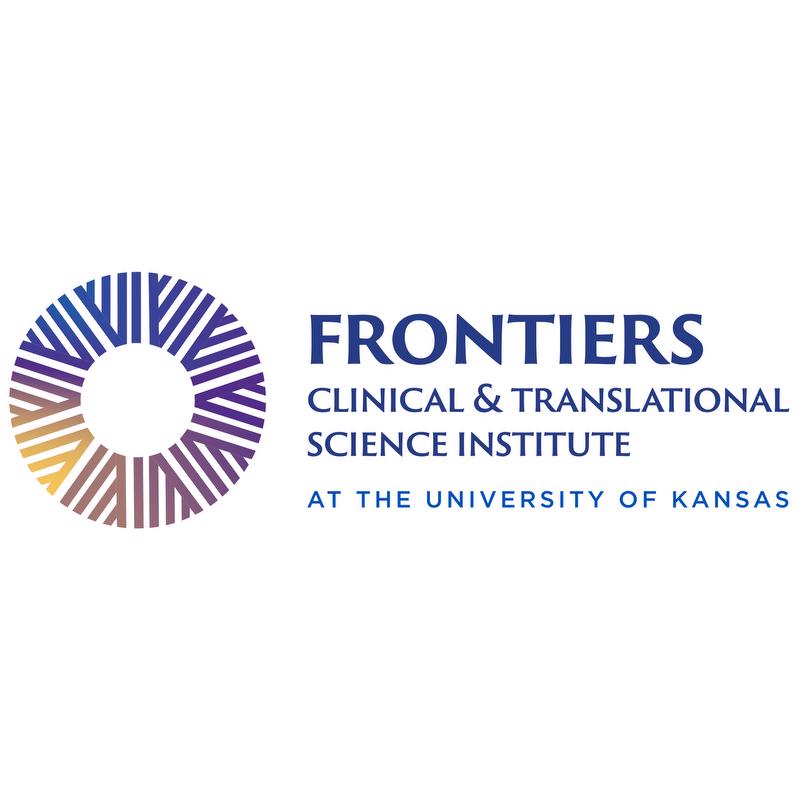 News
News
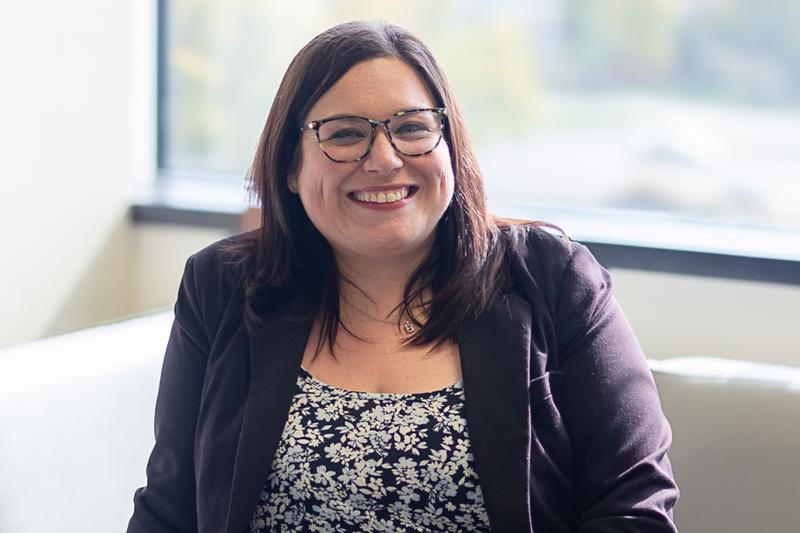 TL1 Trainee · News
TL1 Trainee · News
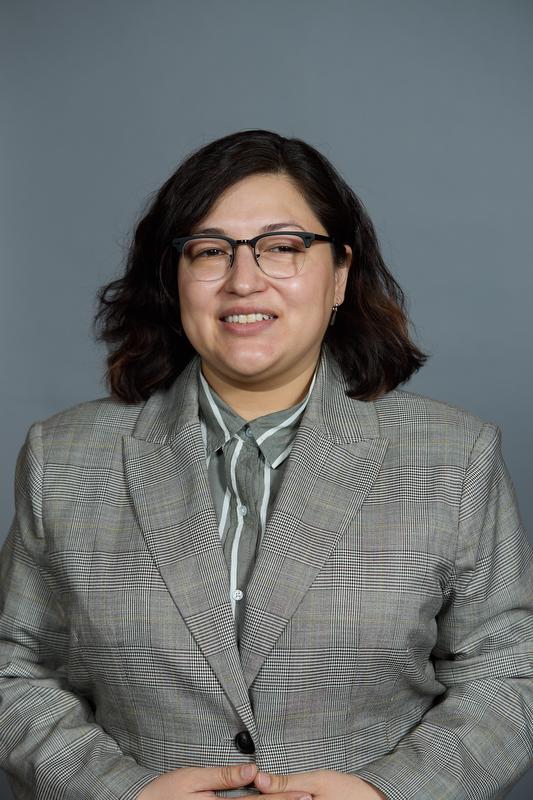 News
News
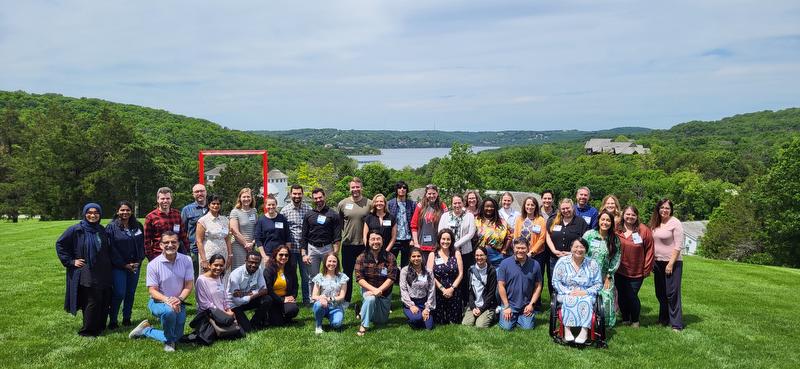 News
News
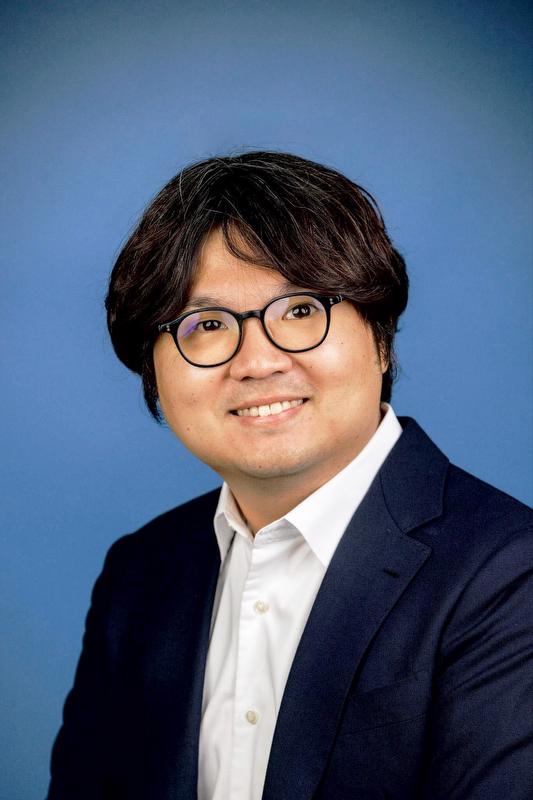 Funded Projects · News
Funded Projects · News
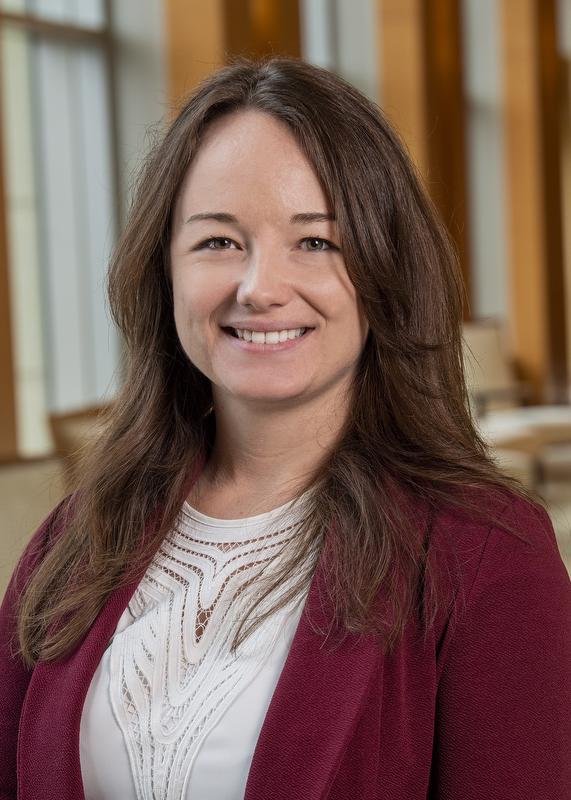 TL1 Trainee · News
TL1 Trainee · News
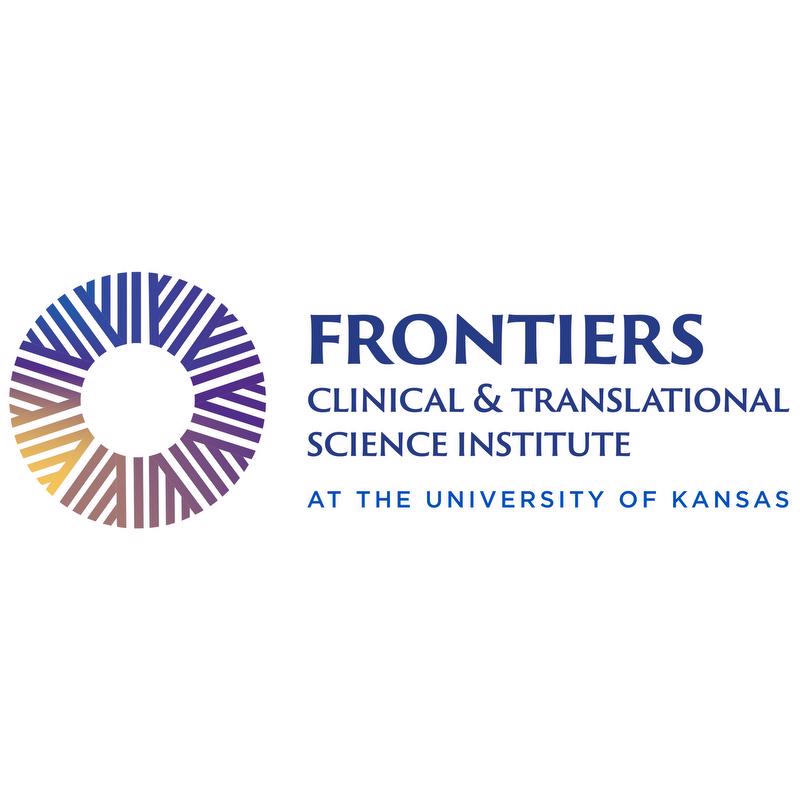 Events
Events
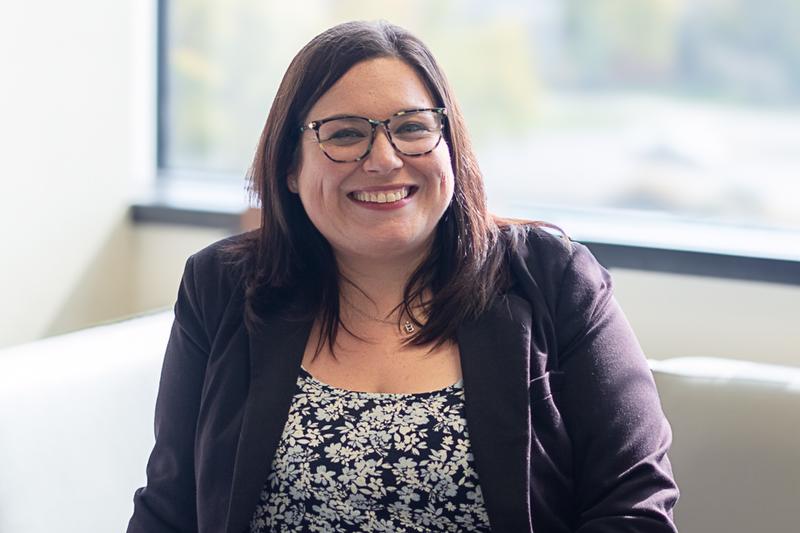 TL1 Trainee · News
TL1 Trainee · News
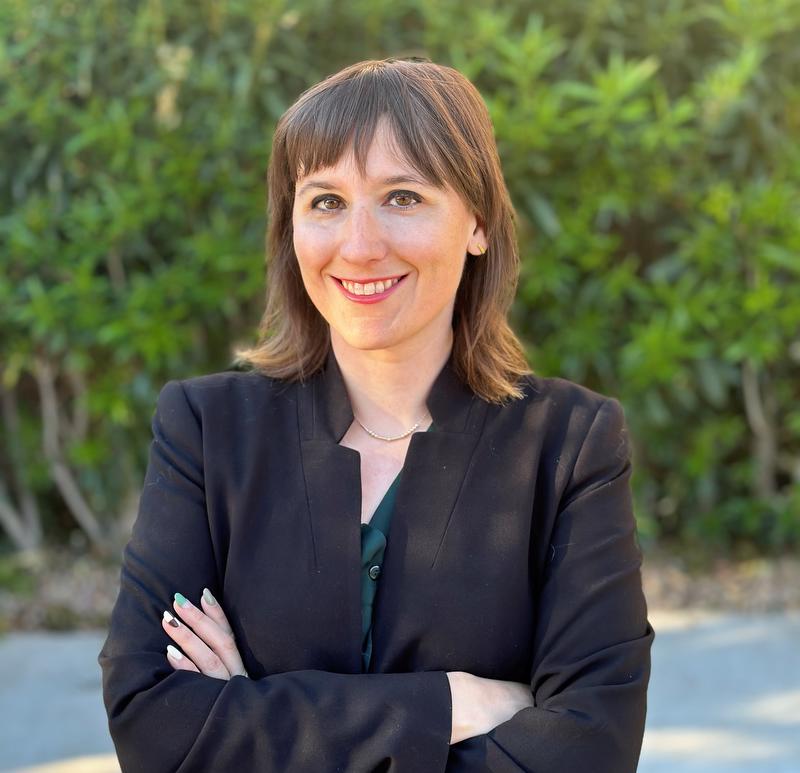 News
News
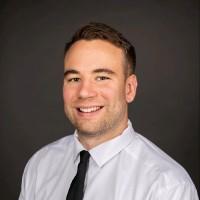 TL1 Trainee · News
TL1 Trainee · News
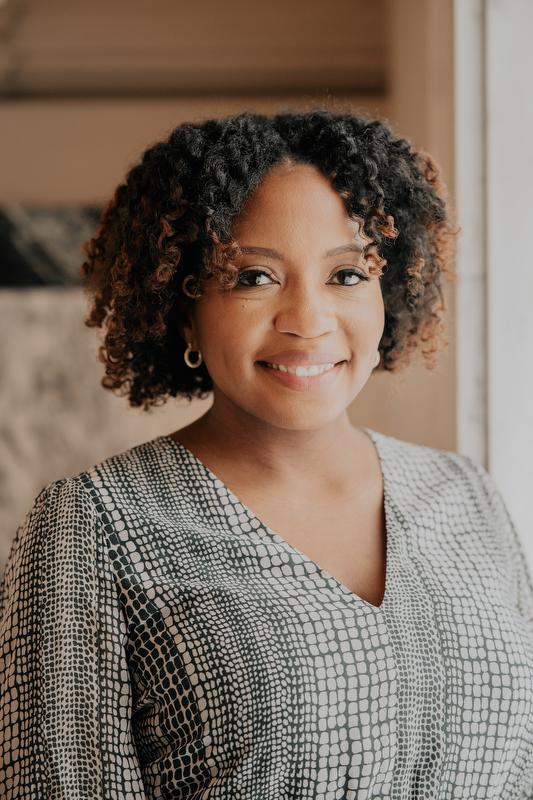 KL2 Scholar · News
KL2 Scholar · News
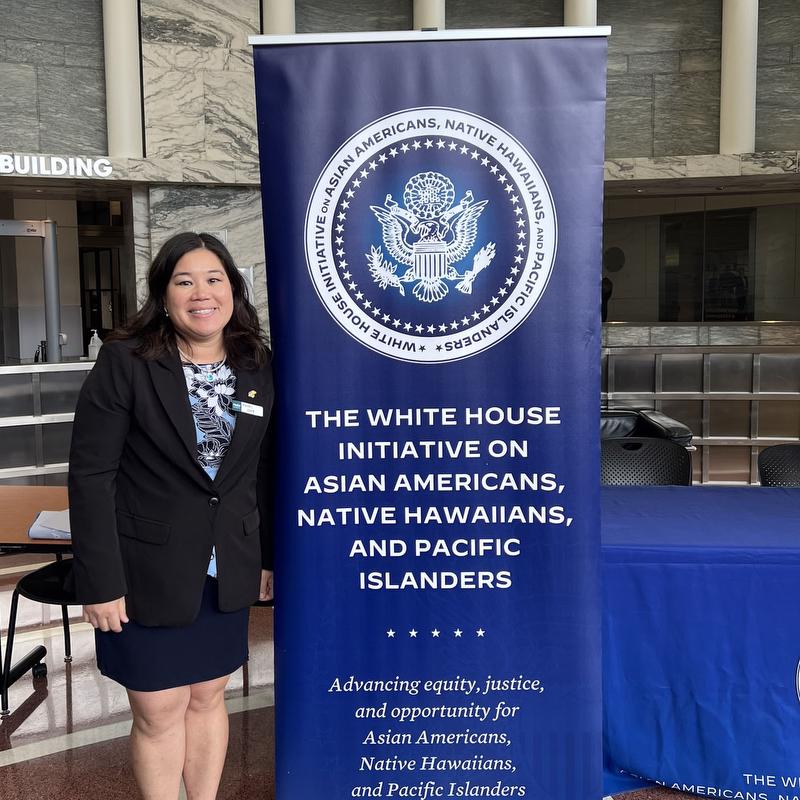 News
News
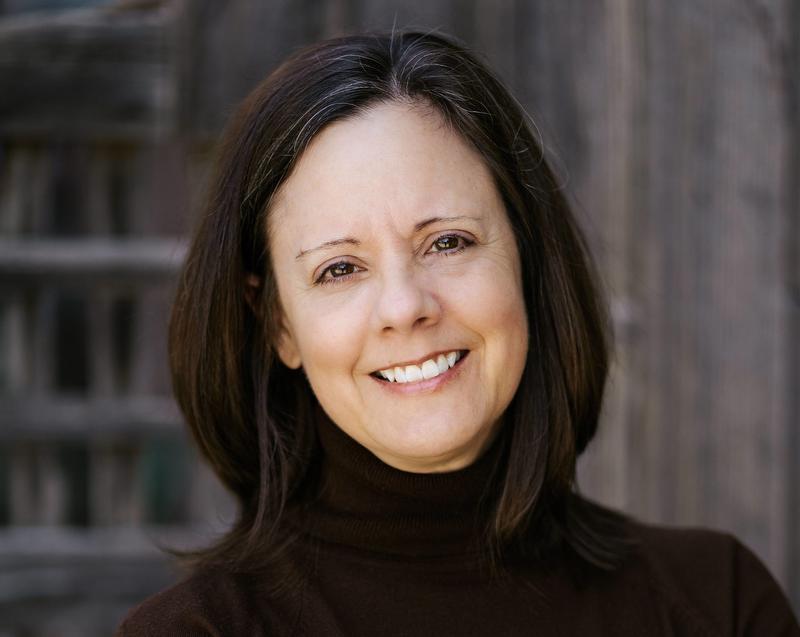 KL2 Scholar · News
KL2 Scholar · News
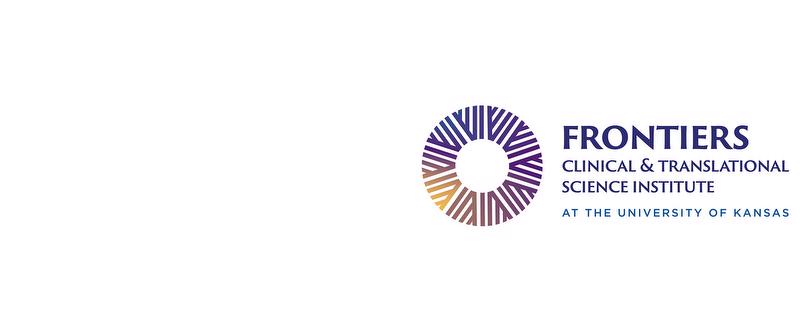 Funded Projects · News
Funded Projects · News
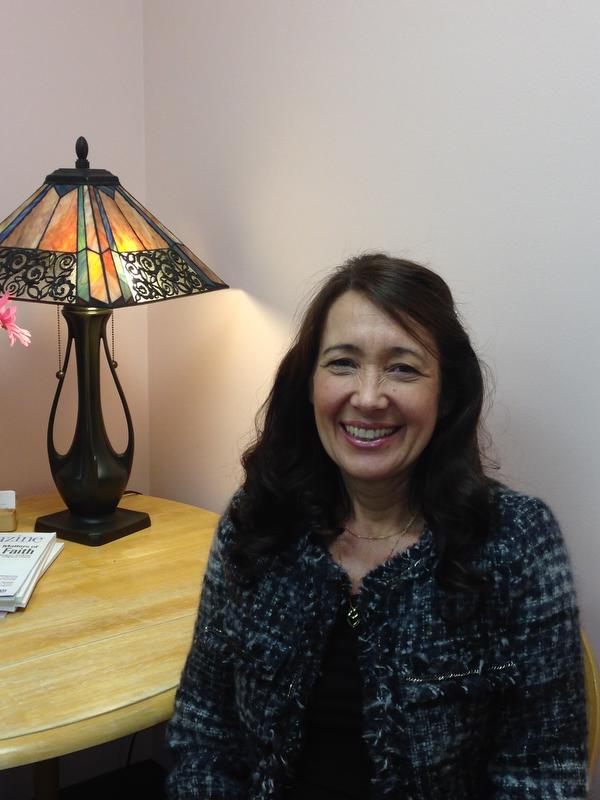 News
News
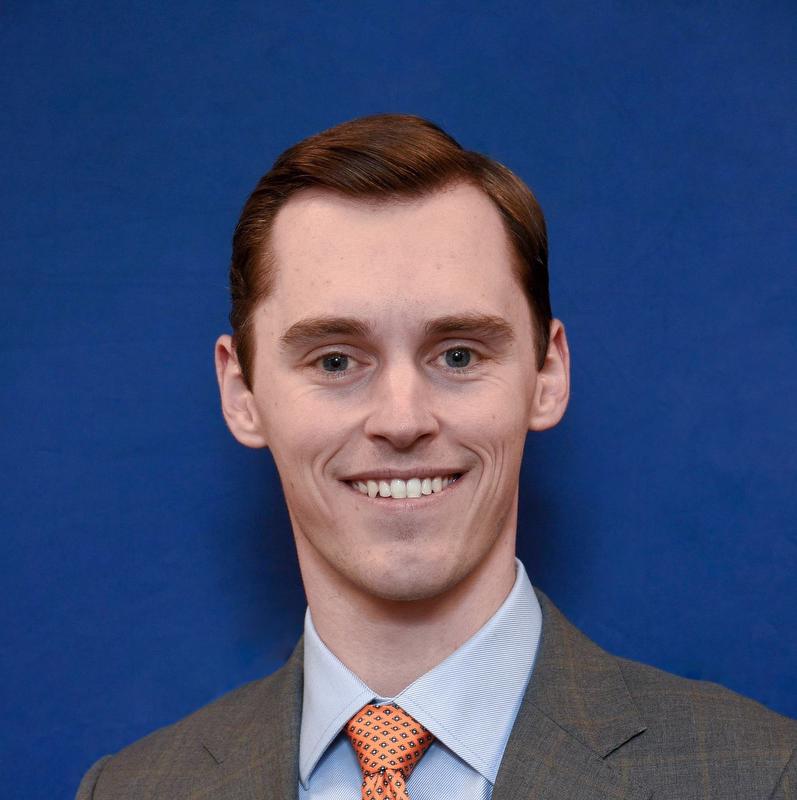 TL1 Trainee · News
TL1 Trainee · News
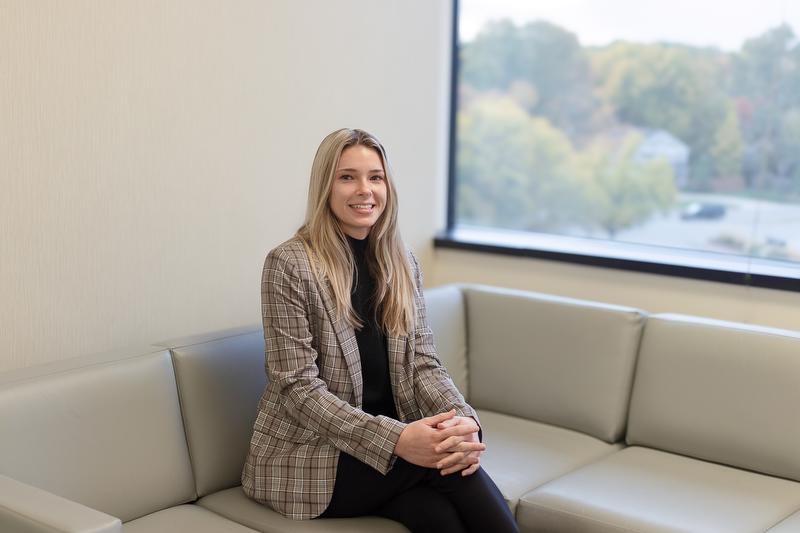
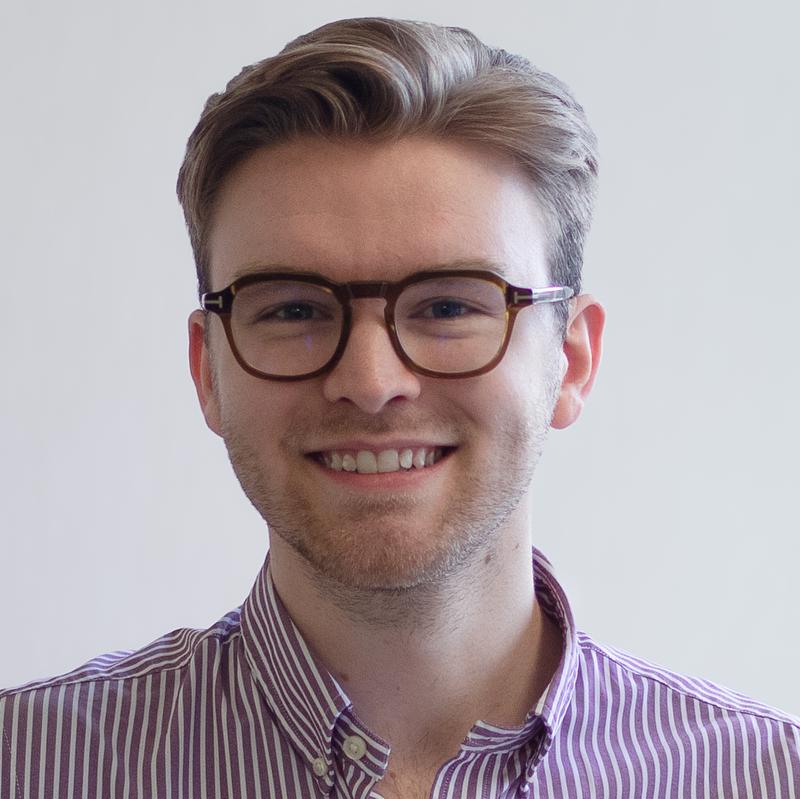 TL1 Trainee · News
TL1 Trainee · News
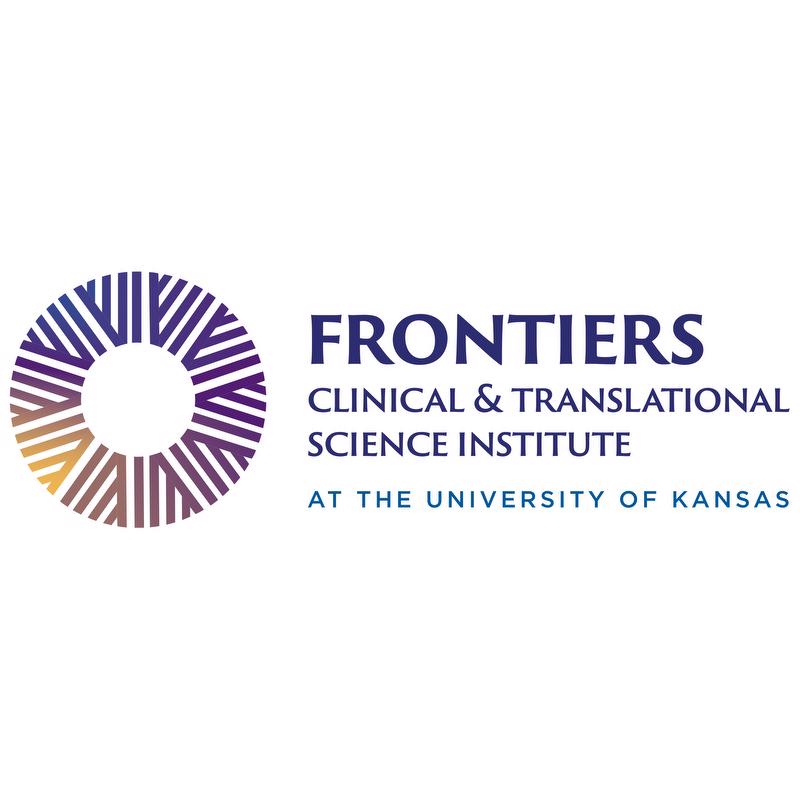 Services · News
Services · News
 News
News
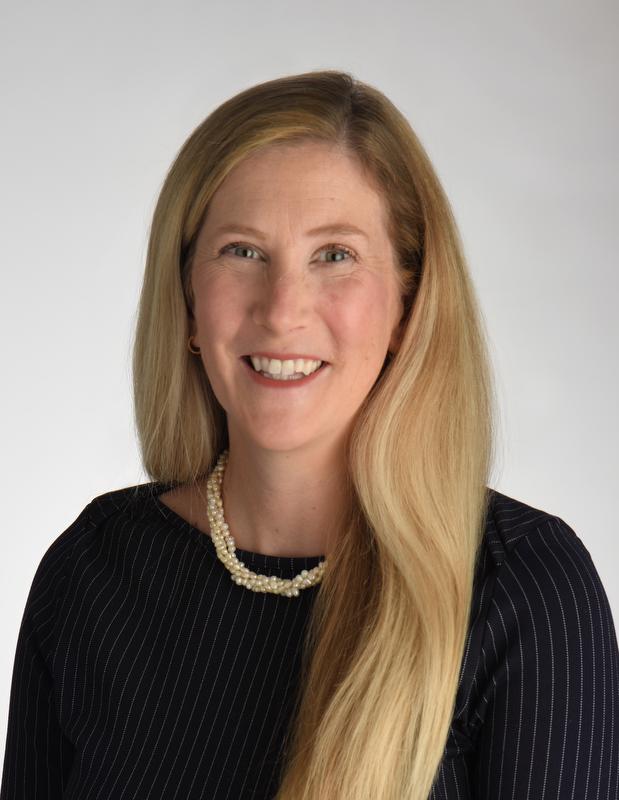 Funded Projects · News
Funded Projects · News
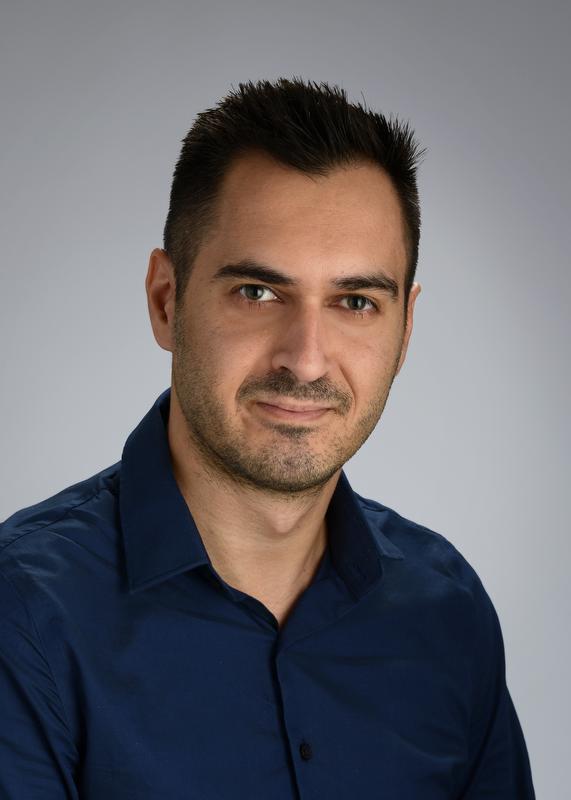 Funded Projects · News
Funded Projects · News
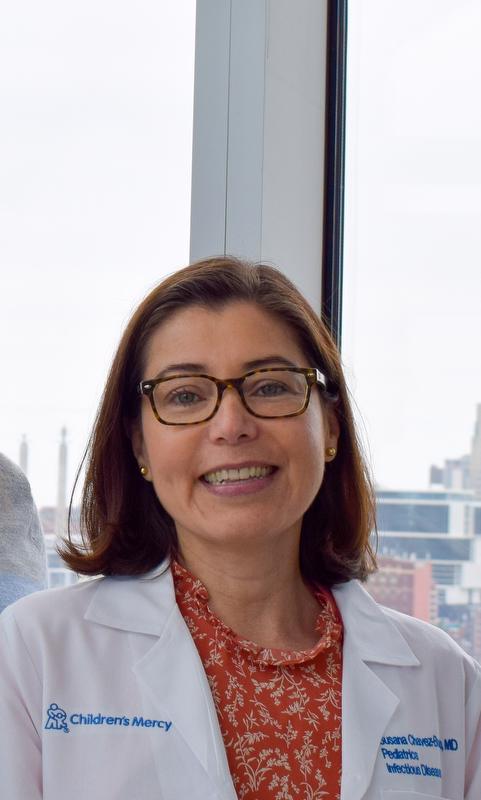 Funded Projects · News
Funded Projects · News
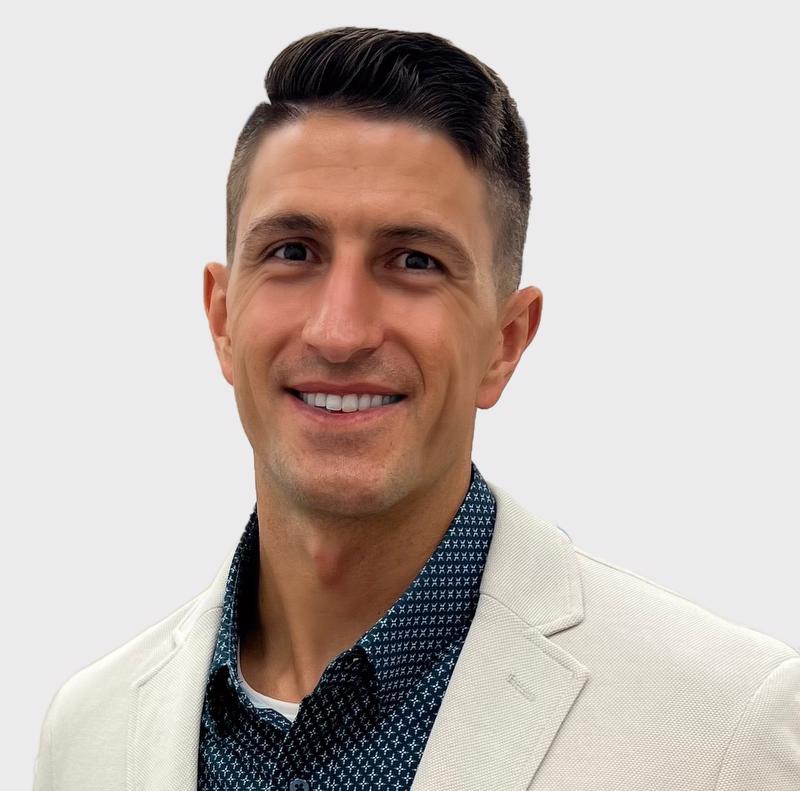 TL1 Trainee · News
TL1 Trainee · News
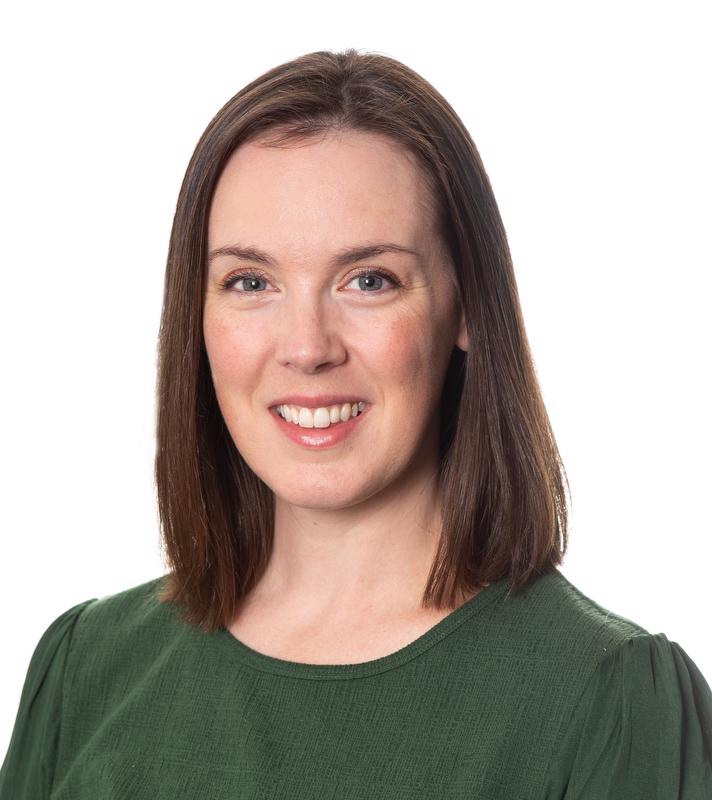 KL2 Scholar · News
KL2 Scholar · News
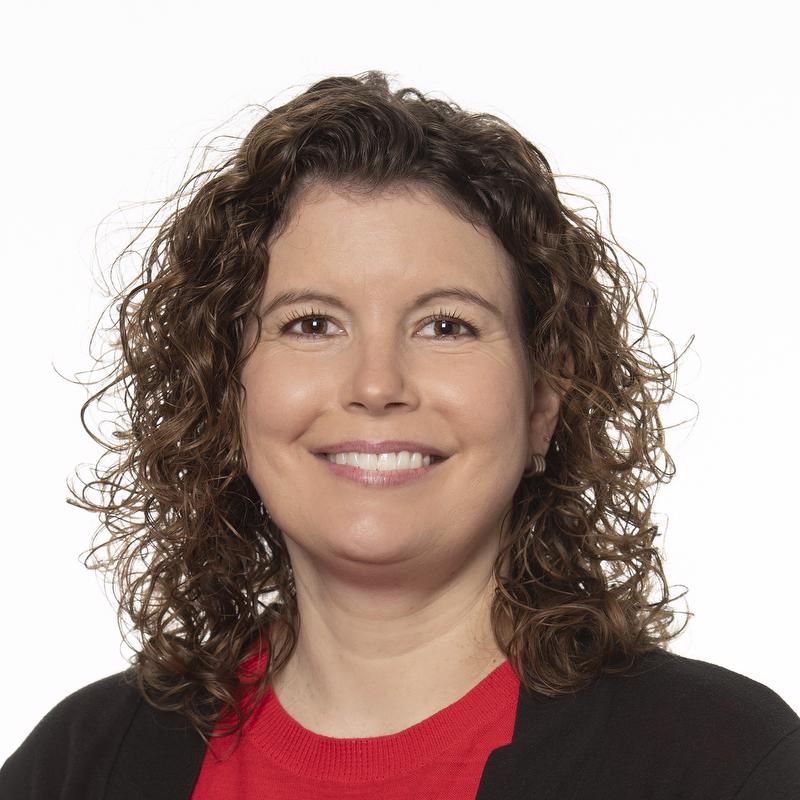 Funded Projects · News
Funded Projects · News
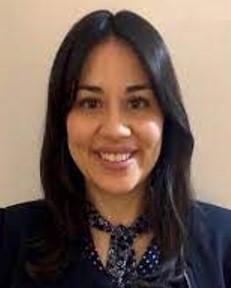 News
News
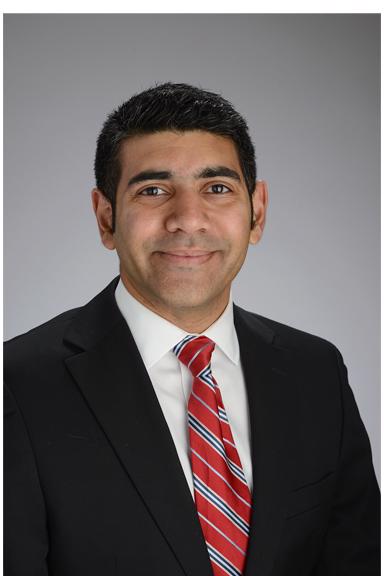 News
News
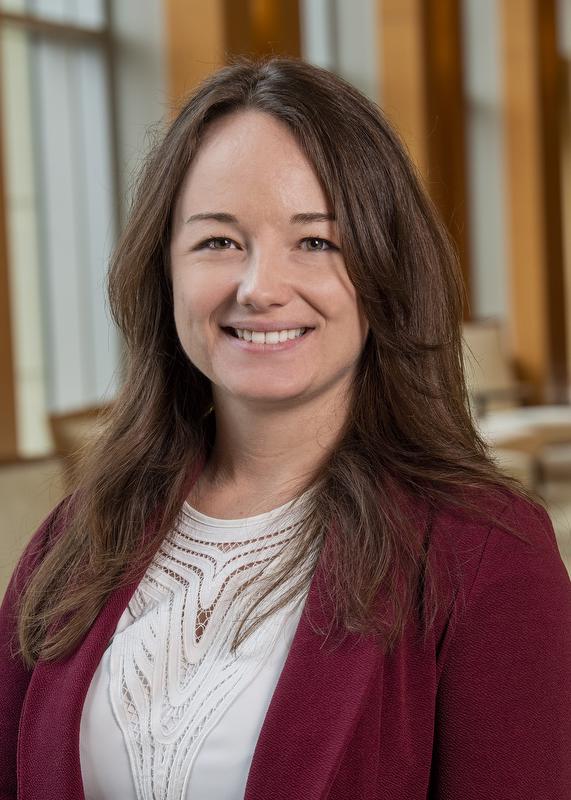 News
News
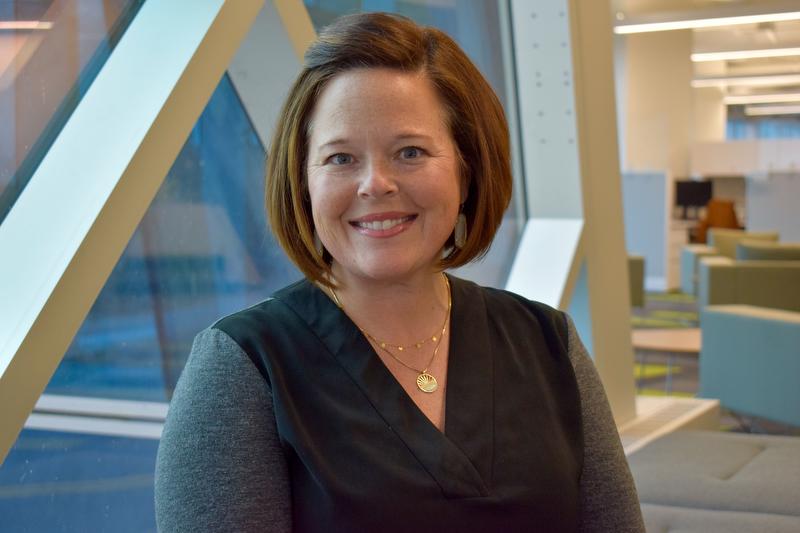 News
News
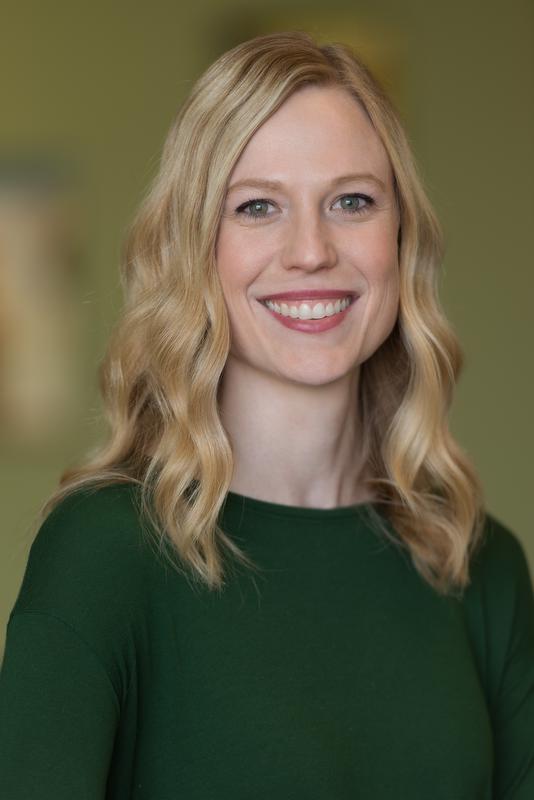 News
News
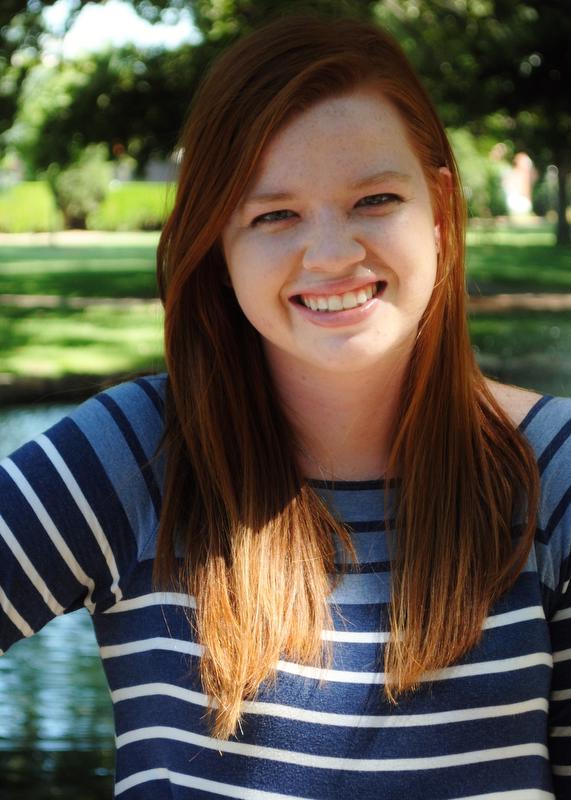 News
News
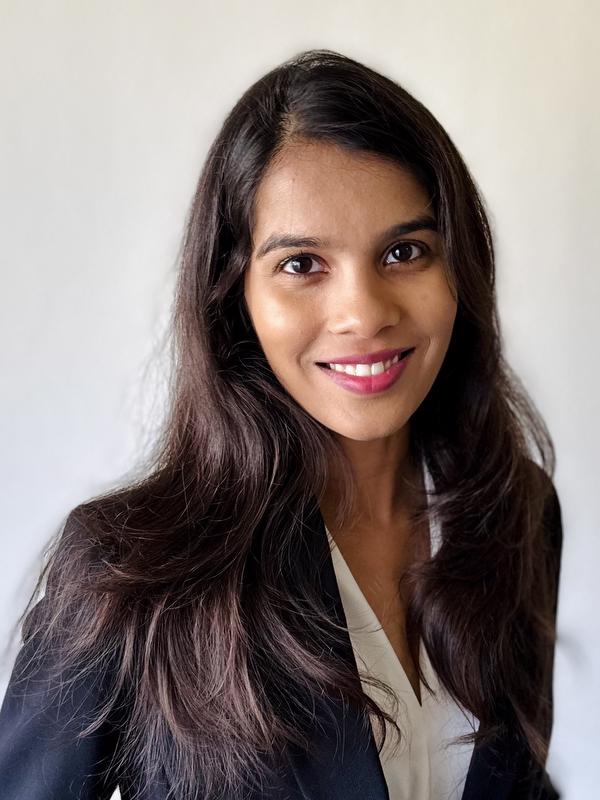 News
News
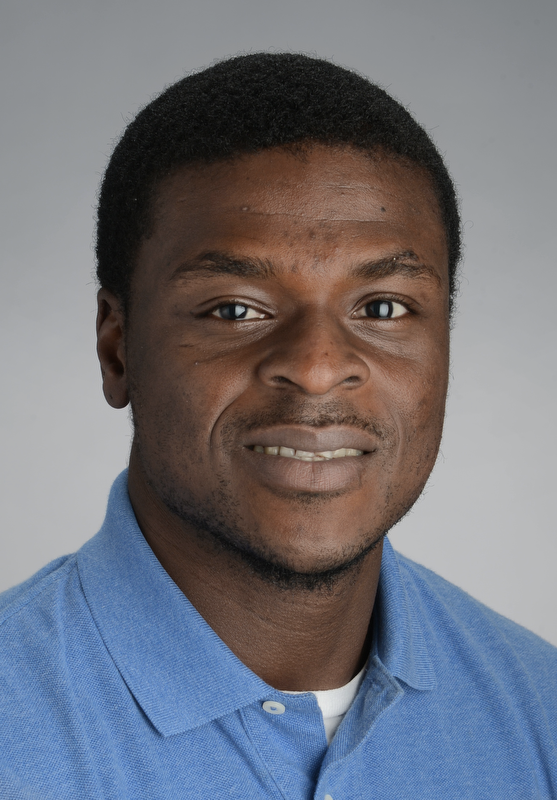 News
News
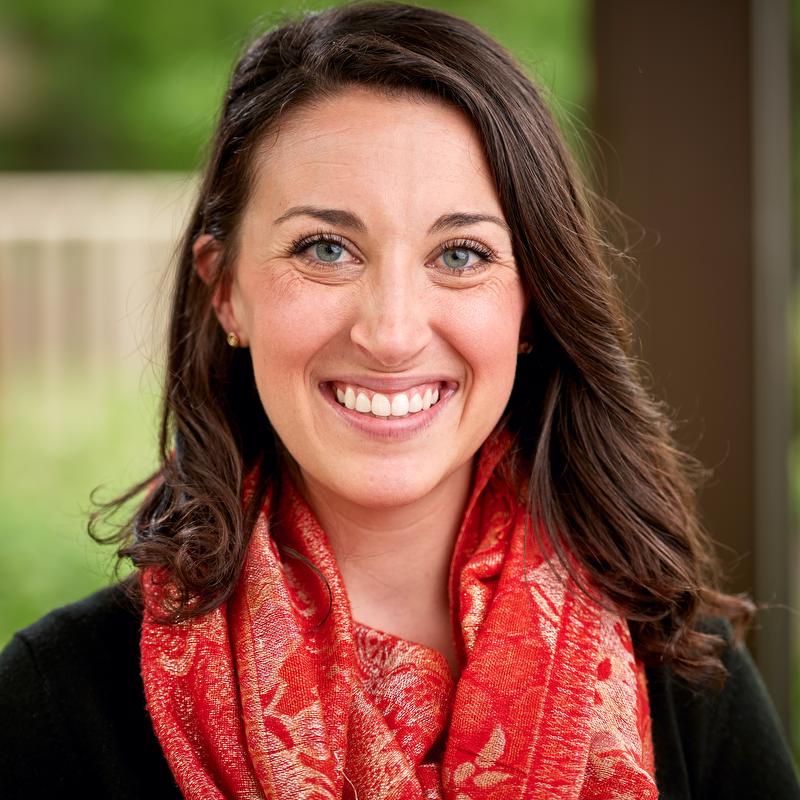 News
News
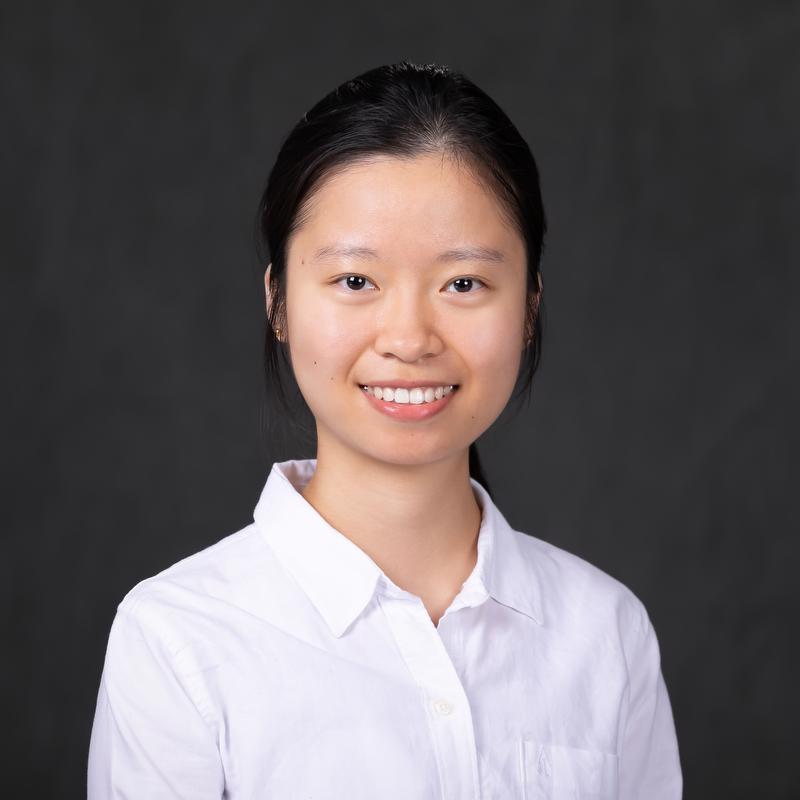 News
News
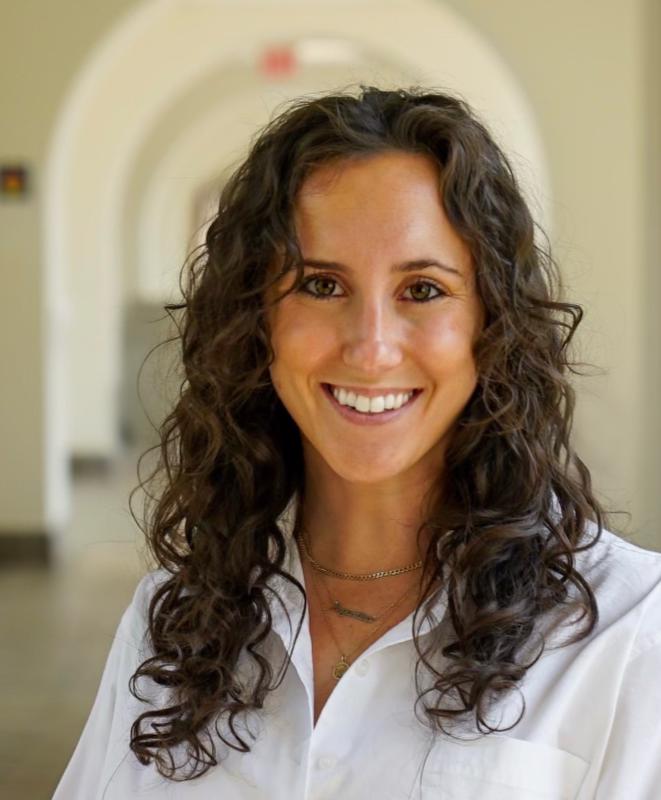 News
News
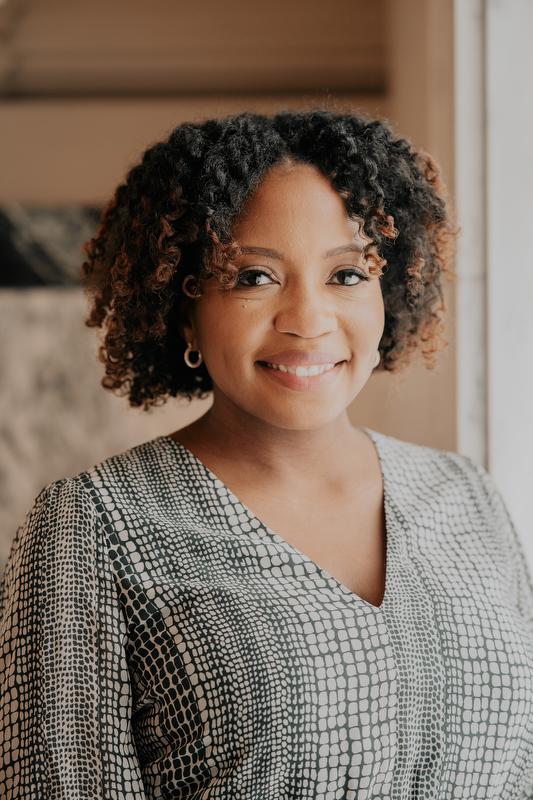 News
News
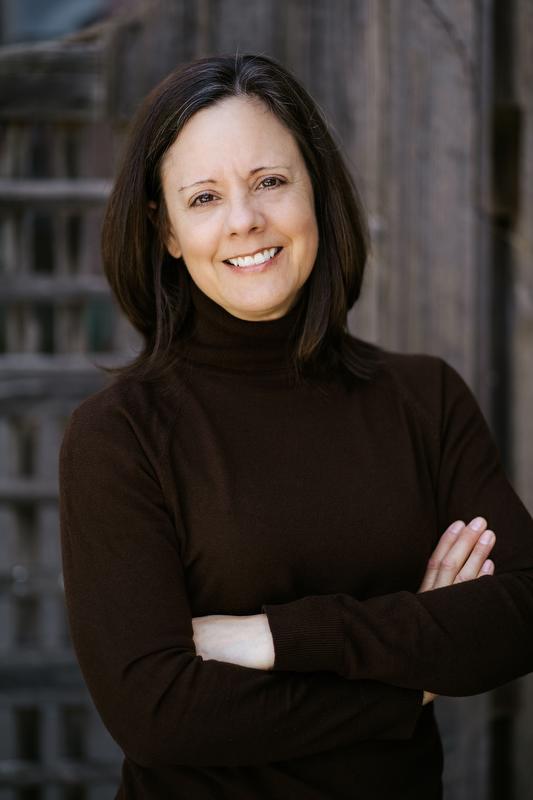 News
News
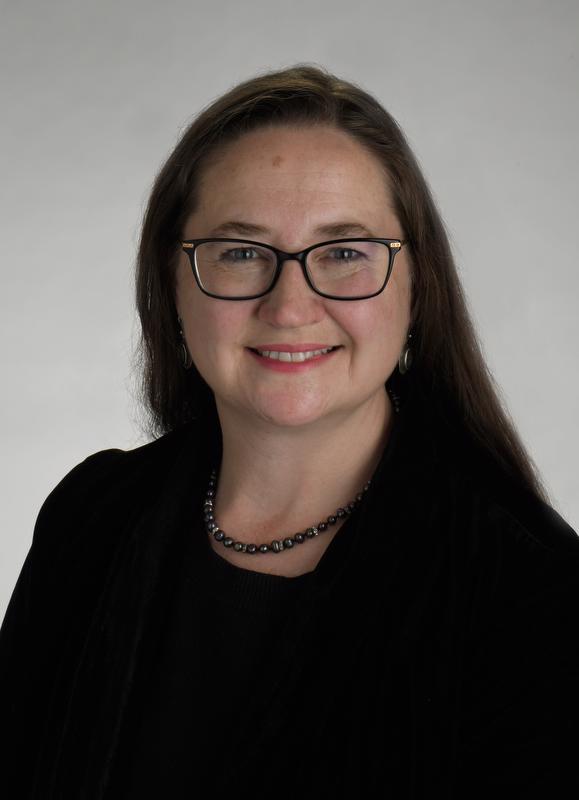 News
News
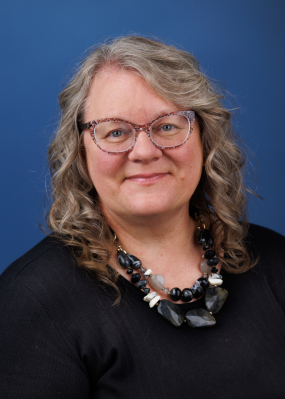 Funded Projects · News
Funded Projects · News
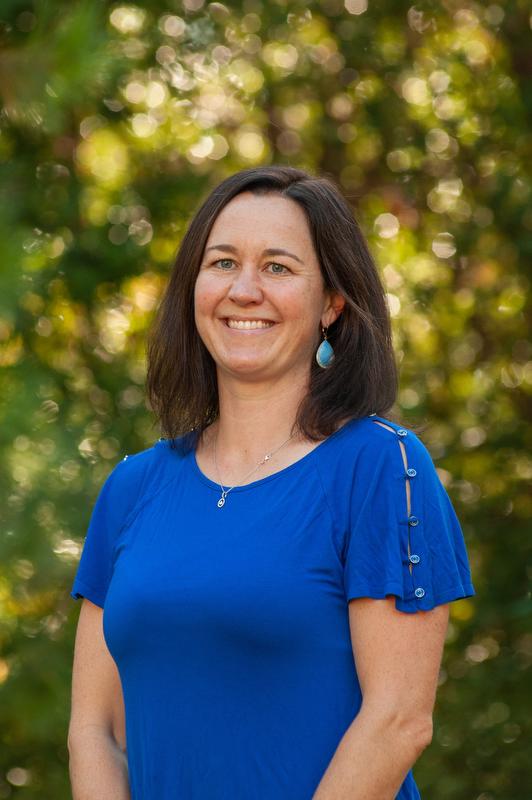 Funded Projects · News
Funded Projects · News
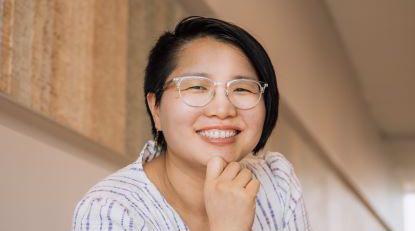 KL2 Scholar · News
KL2 Scholar · News
 News
News
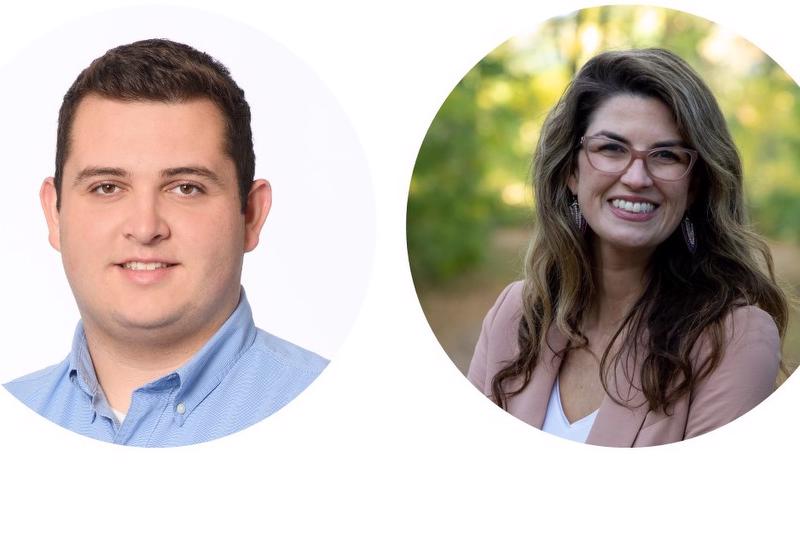 News
News
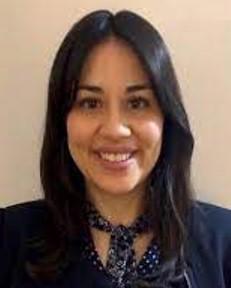 KL2 Scholar · News
KL2 Scholar · News
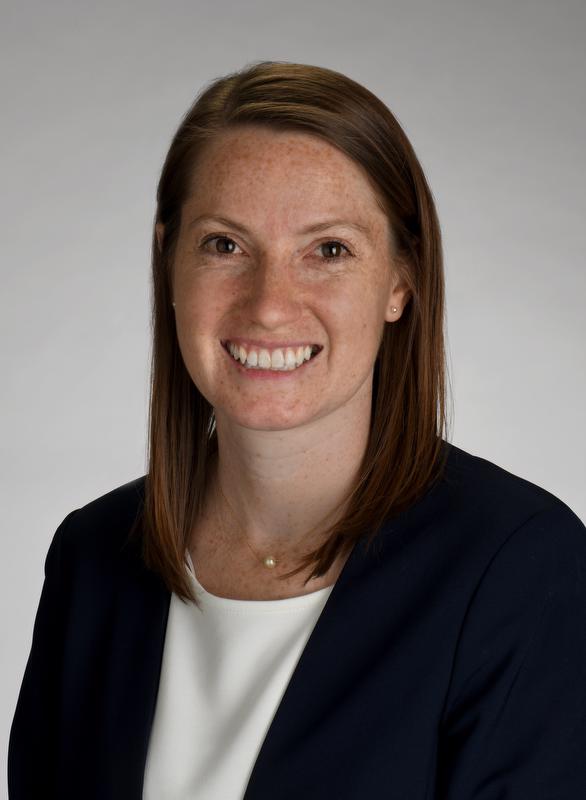 KL2 Scholar
KL2 Scholar
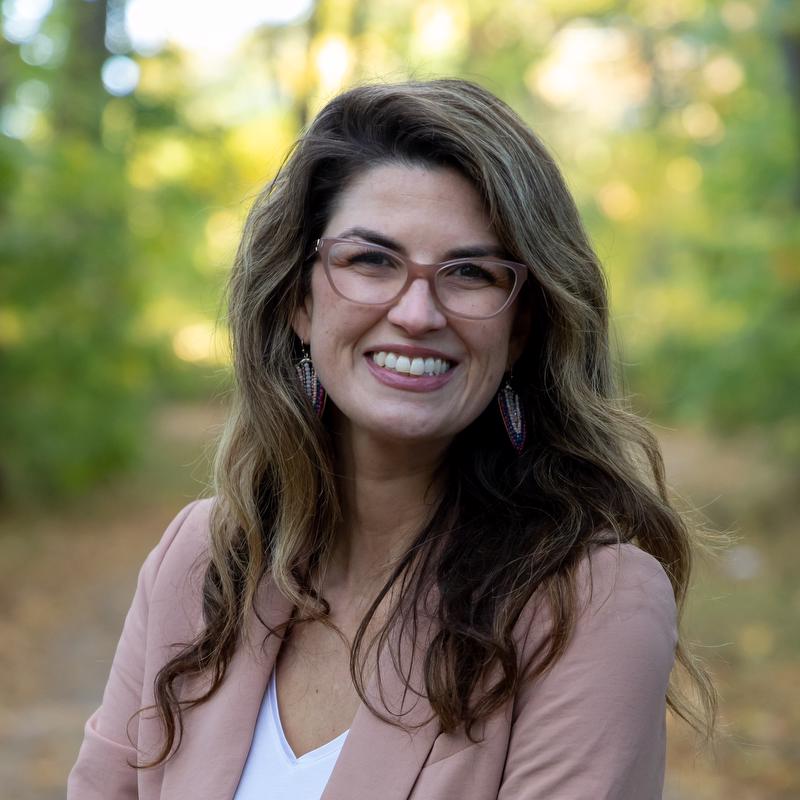 News
News
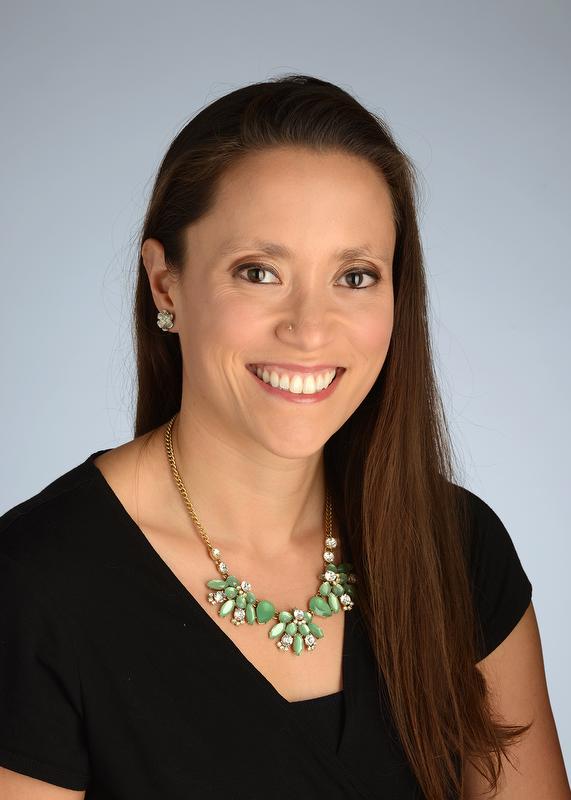 News
News
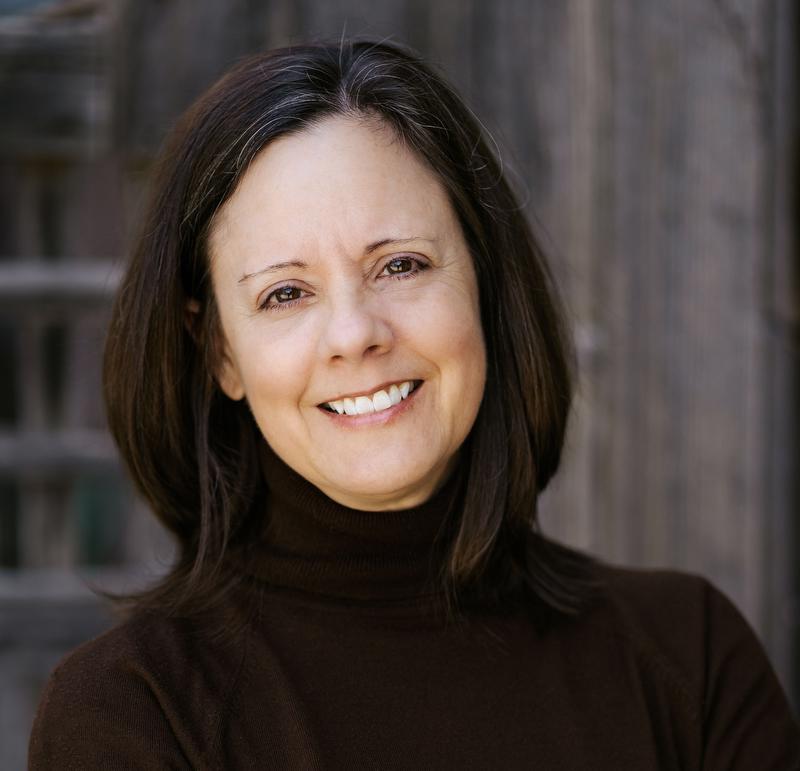 KL2 Scholar · News
KL2 Scholar · News
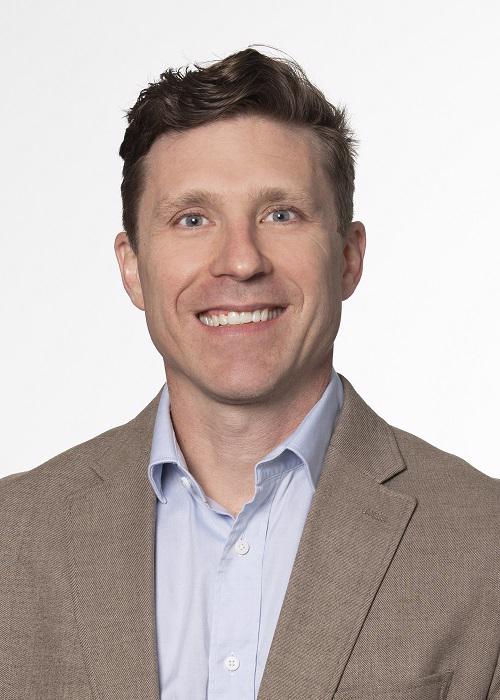 News
News
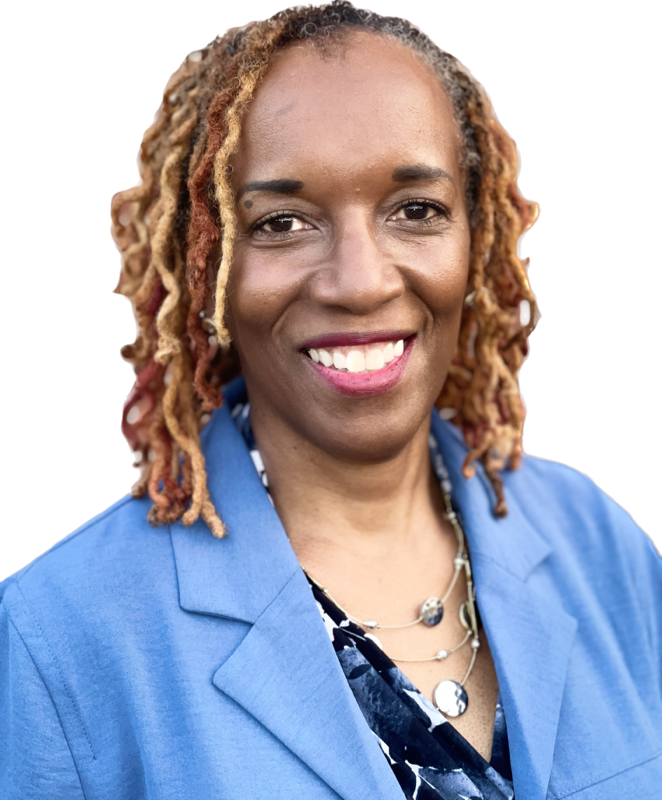 News · In the Community · Funded Projects
News · In the Community · Funded Projects
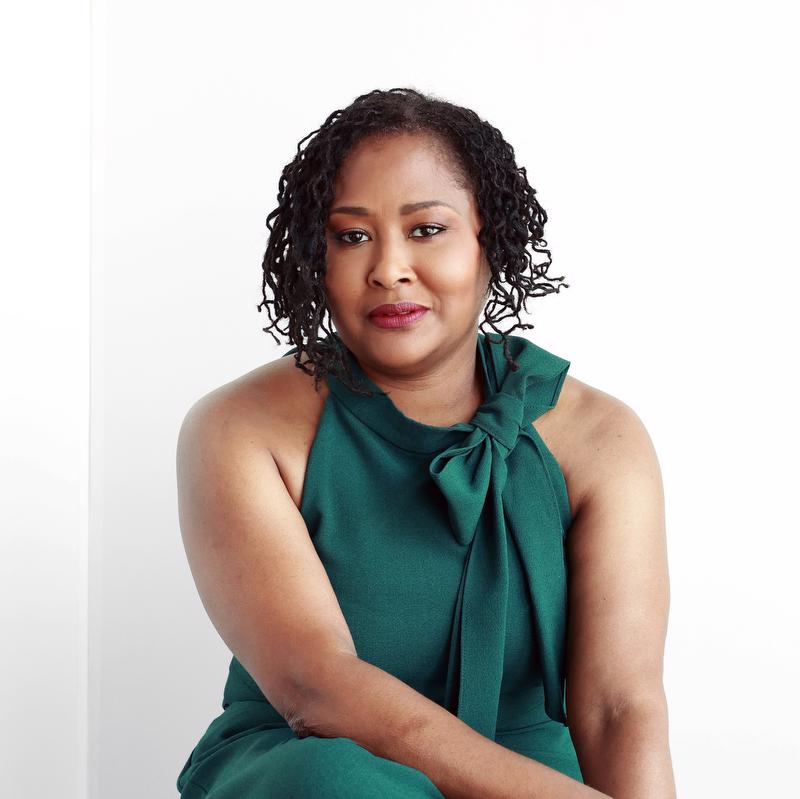 Funded Projects · News
Funded Projects · News
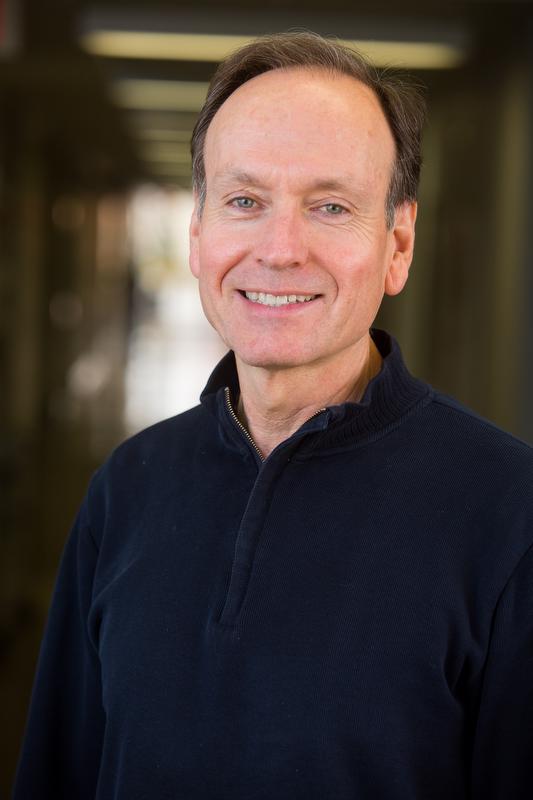 Funded Projects · News
Funded Projects · News
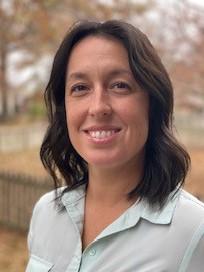 Funded Projects · News
Funded Projects · News
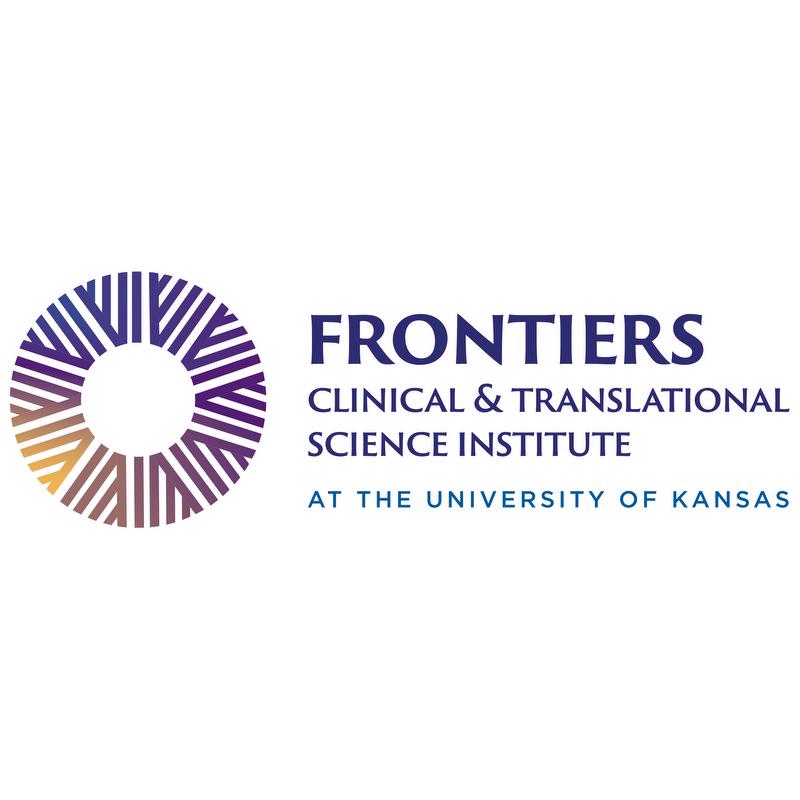 Funded Projects · News
Funded Projects · News
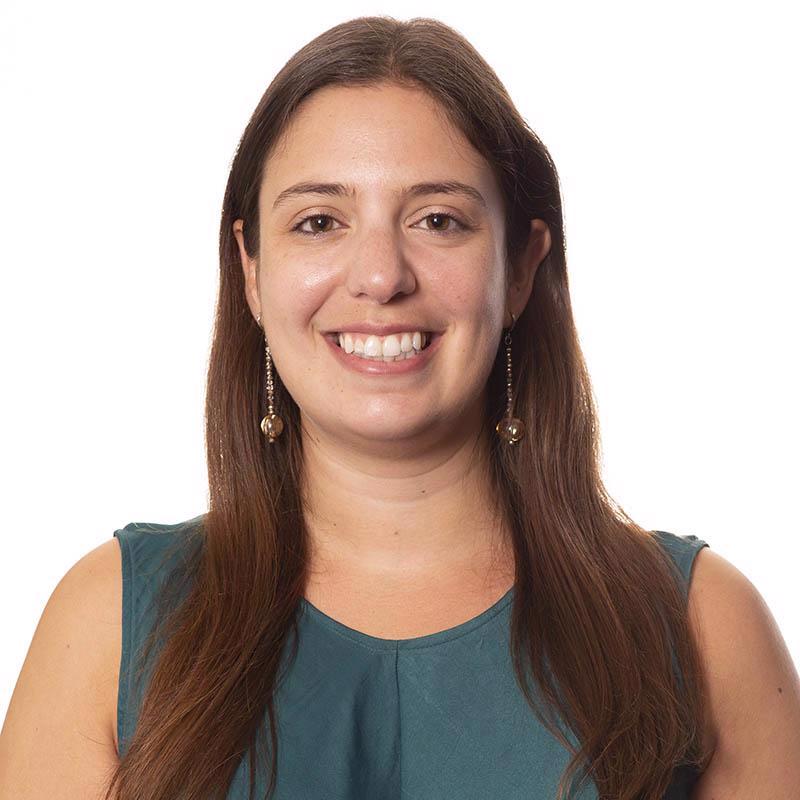 News
News
 Funded Projects · News
Funded Projects · News

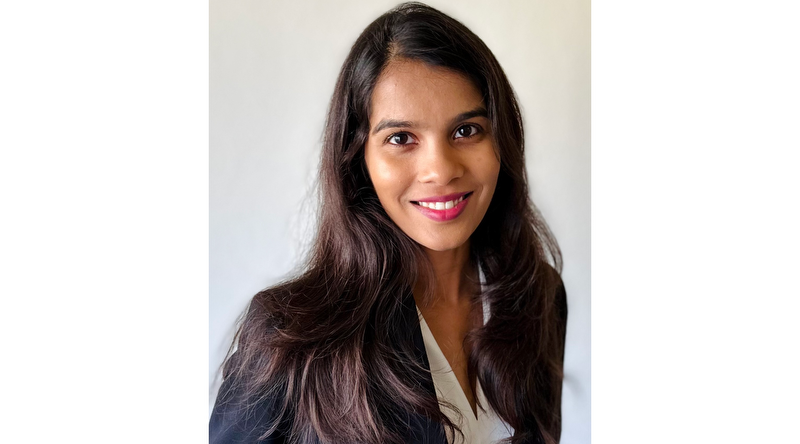 TL1 Trainee · News
TL1 Trainee · News
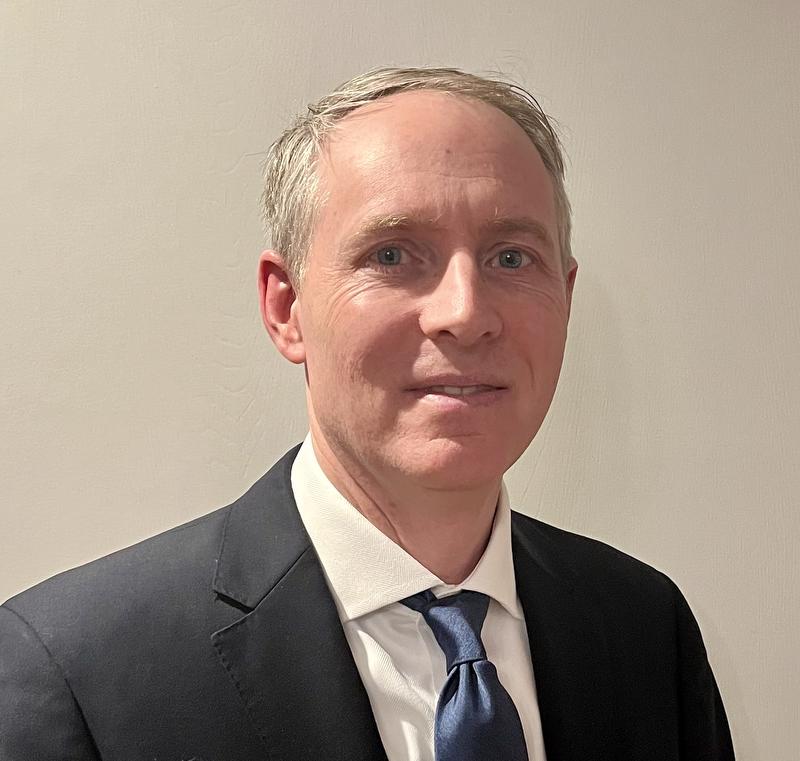 Funded Projects · News
Funded Projects · News
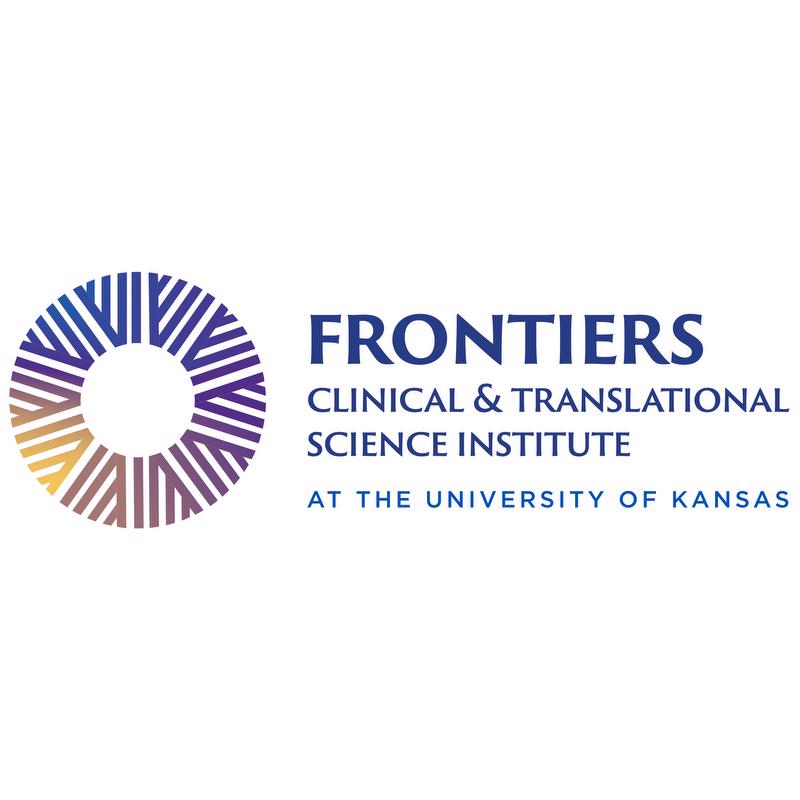 Events · News
Events · News
 Funded Projects · News
Funded Projects · News
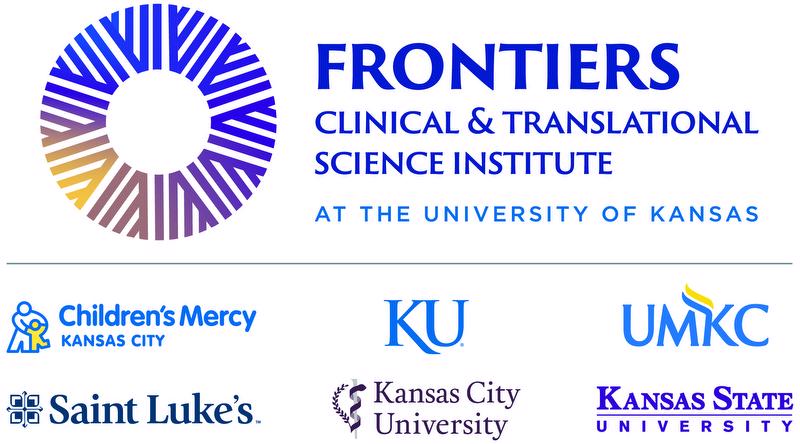
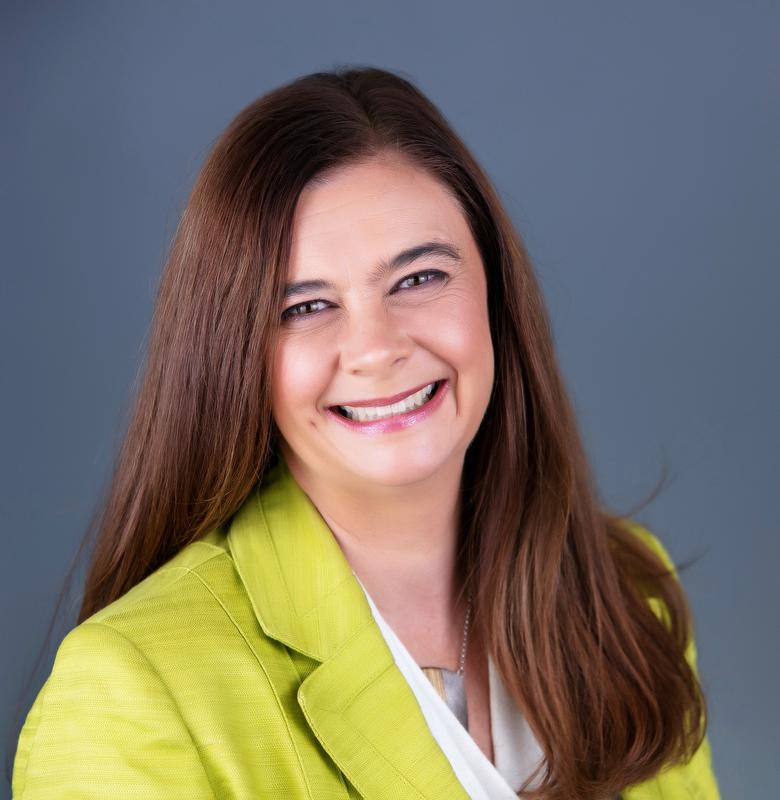 Funded Projects · News
Funded Projects · News
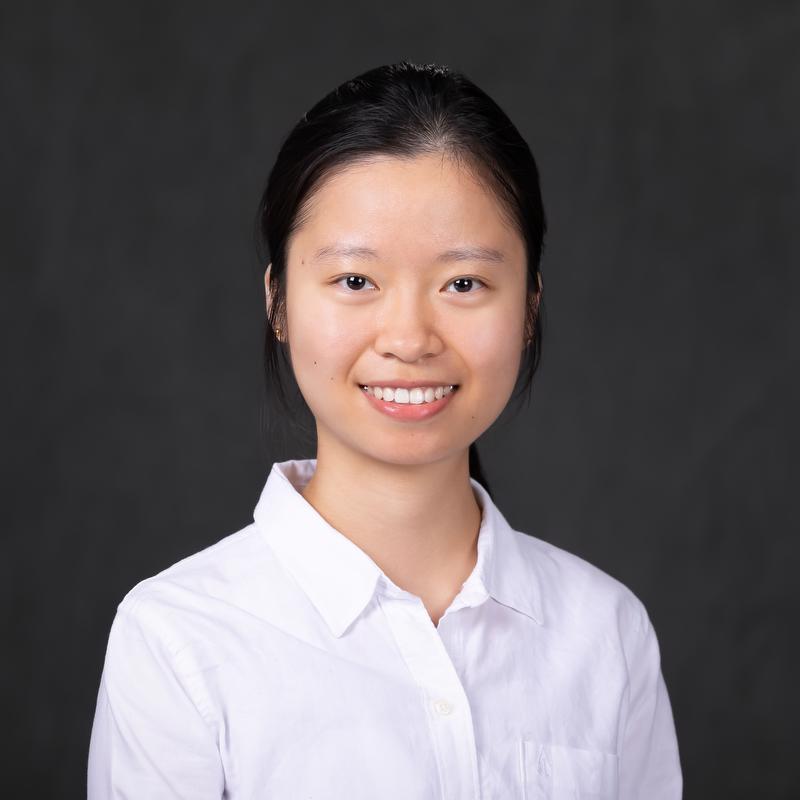 TL1 Trainee · News
TL1 Trainee · News
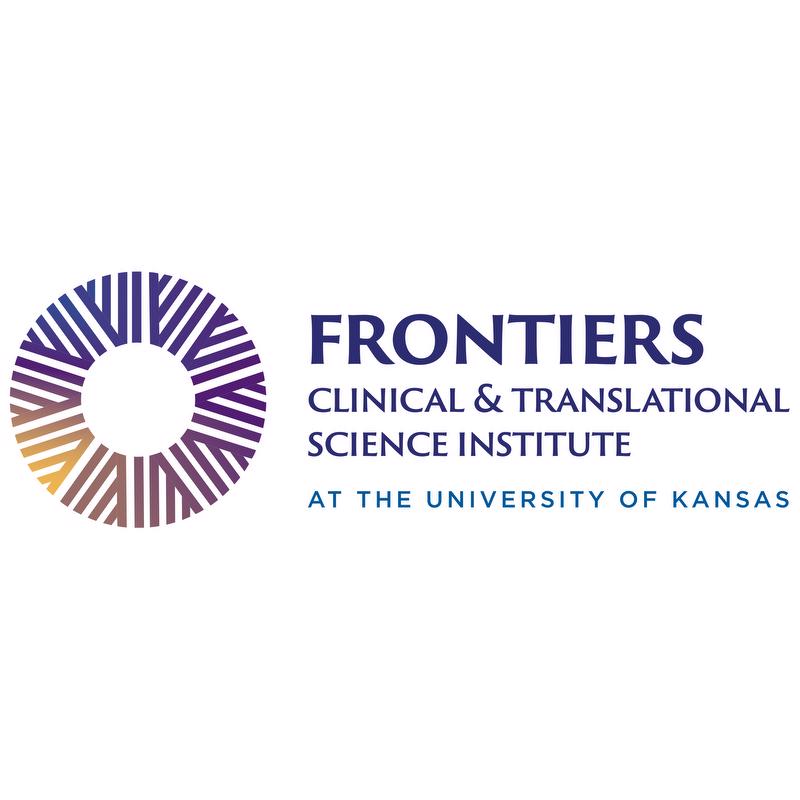 News · In the Community · Funded Projects
News · In the Community · Funded Projects
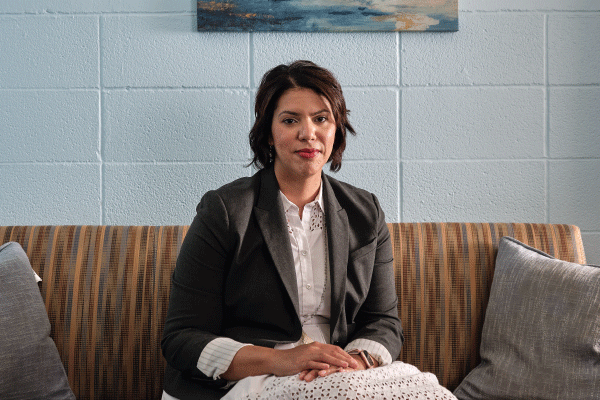 Funded Projects · News
Funded Projects · News
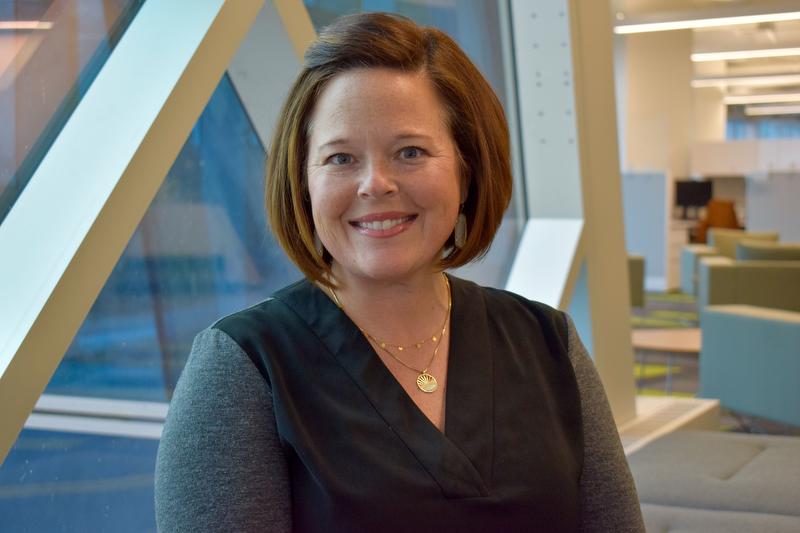 KL2 Scholar · News
KL2 Scholar · News
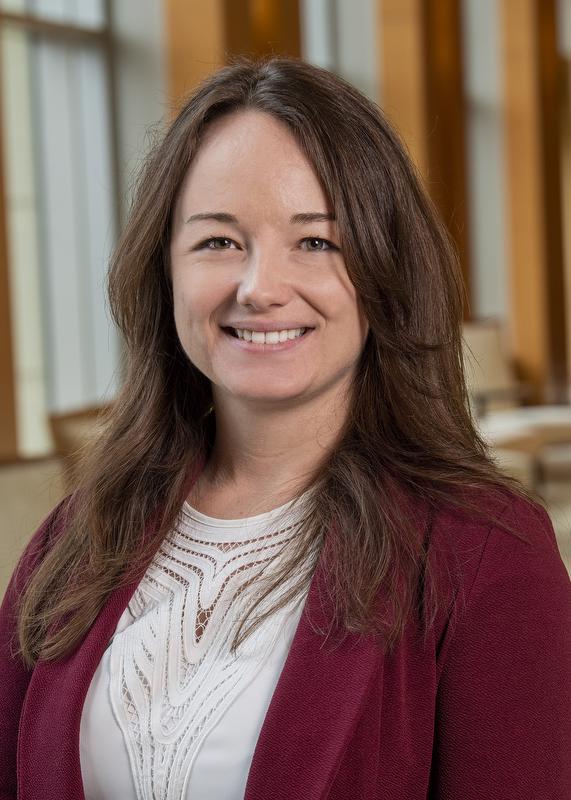 TL1 Trainee · News
TL1 Trainee · News
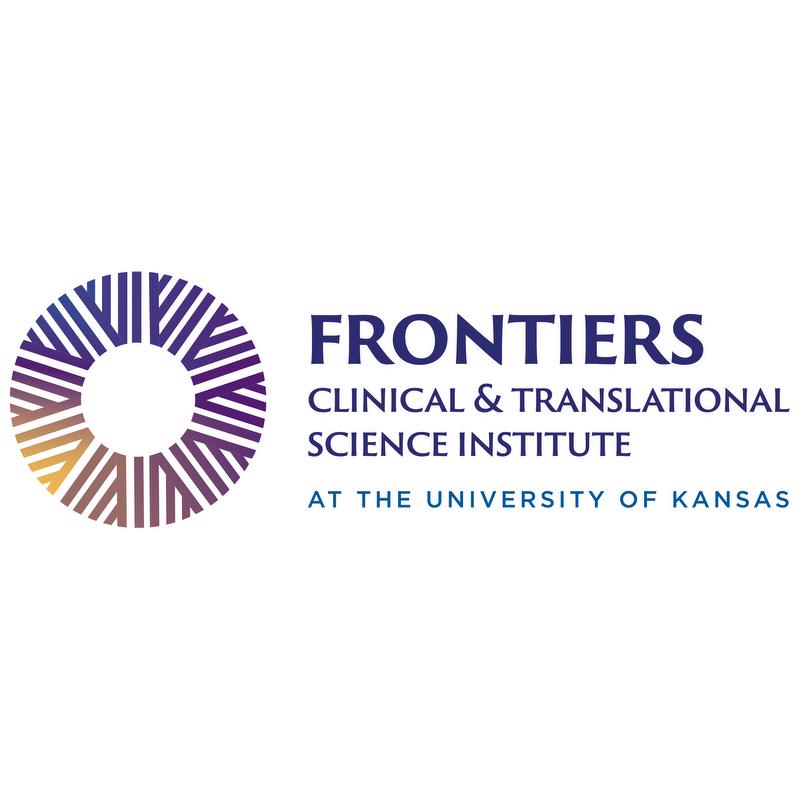 News
News
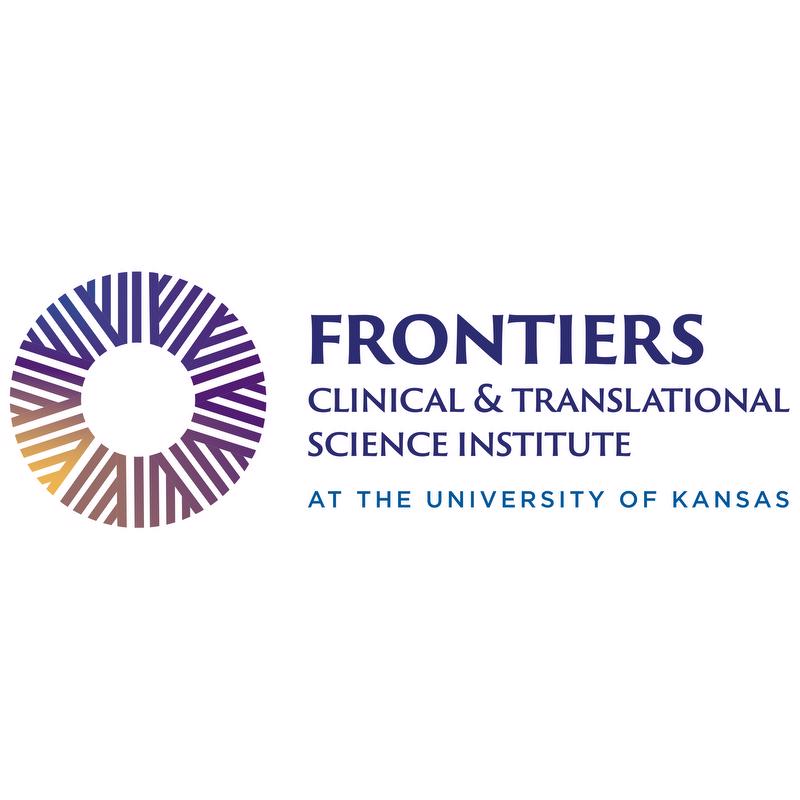 News
News
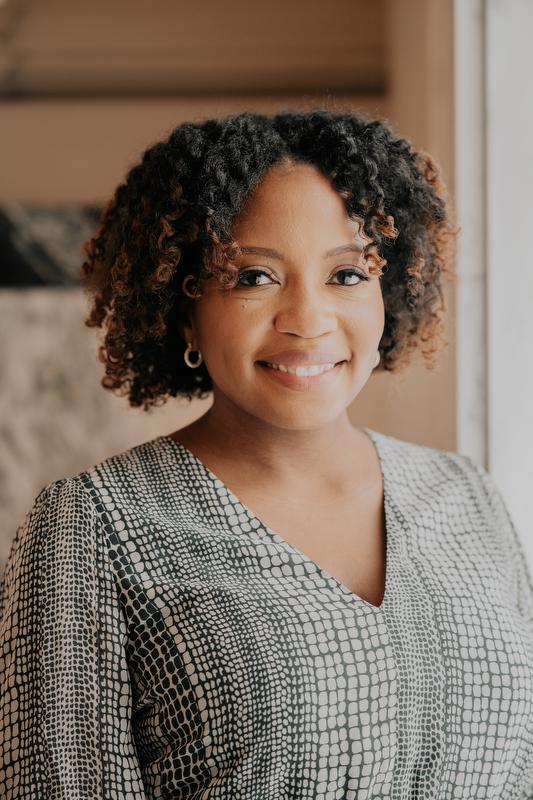 KL2 Scholar · News
KL2 Scholar · News
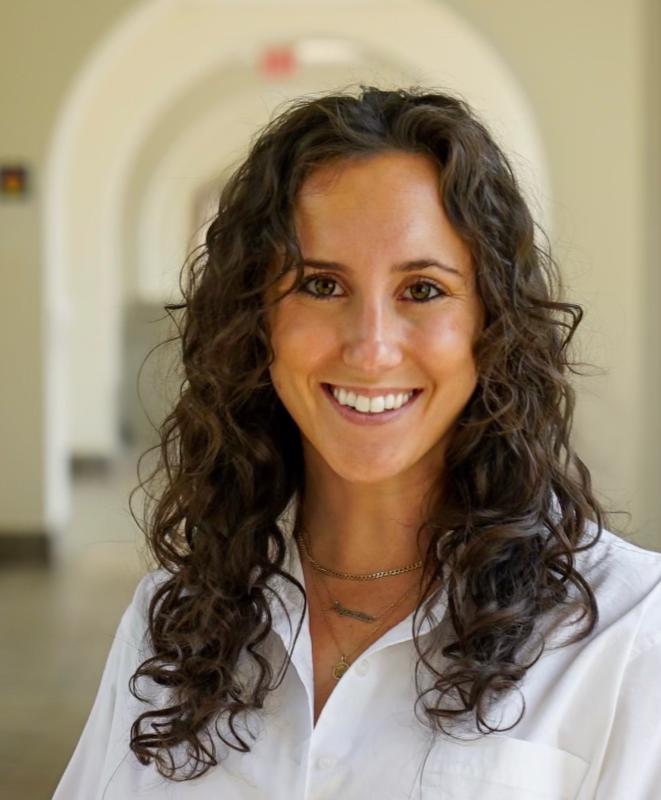 TL1 Trainee · News
TL1 Trainee · News
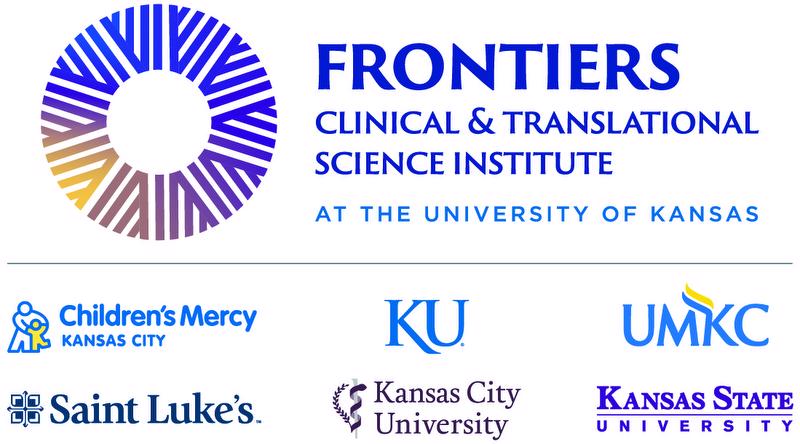 News
News
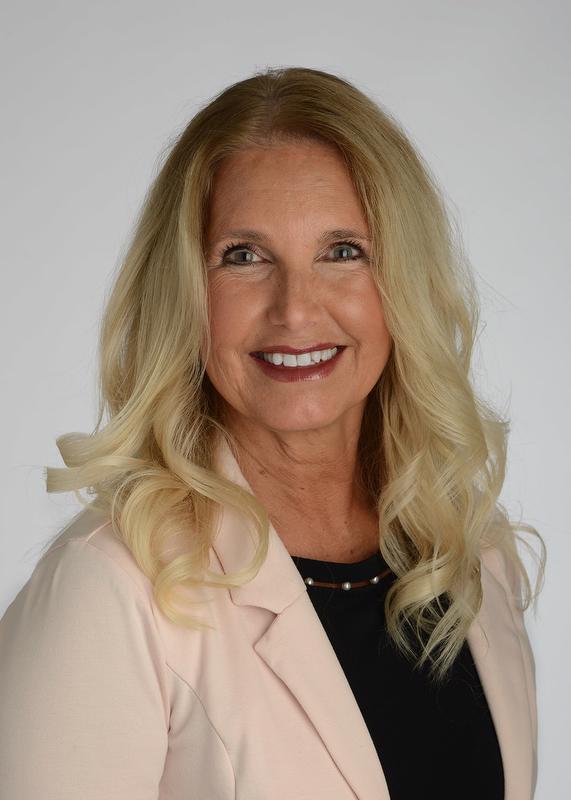 News
News
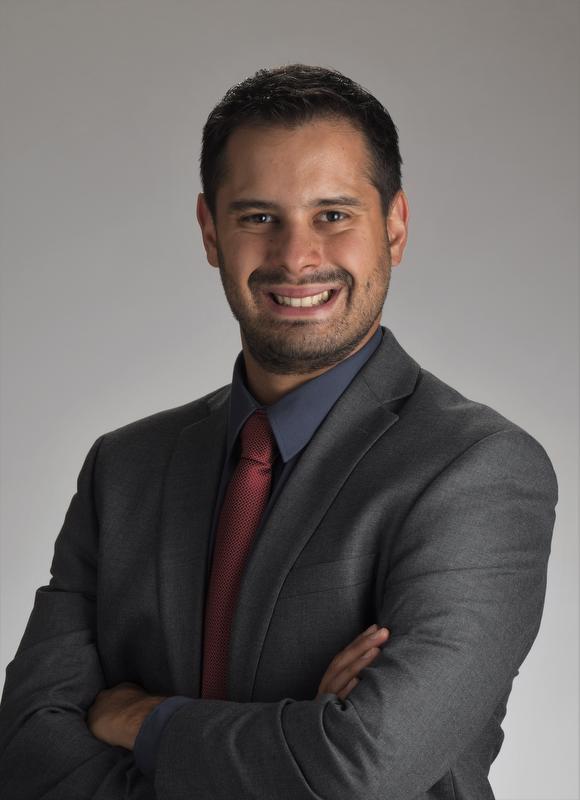 Funded Projects · News
Funded Projects · News
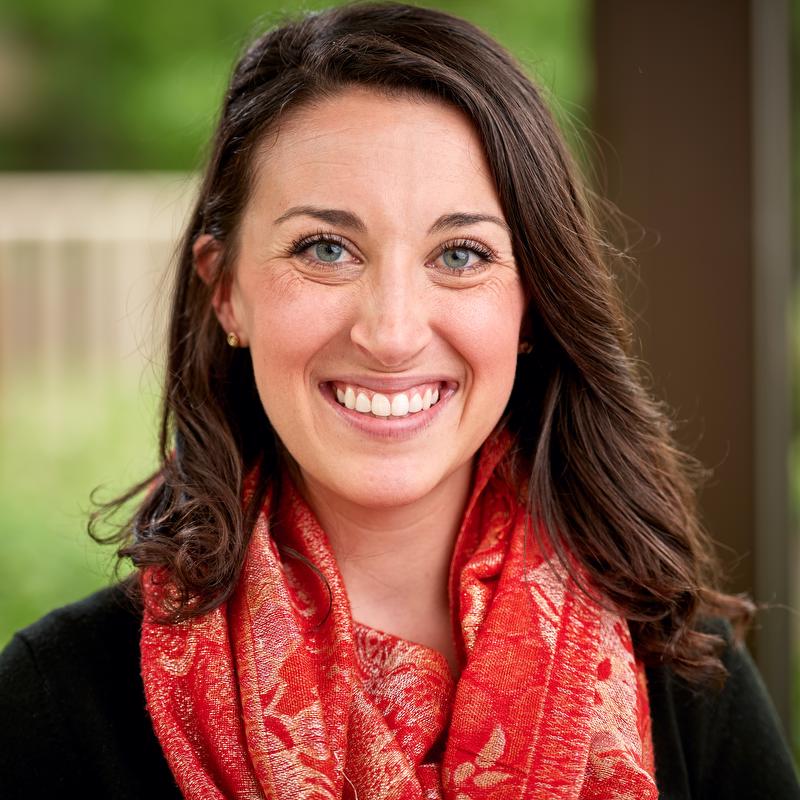 Events · News
Events · News
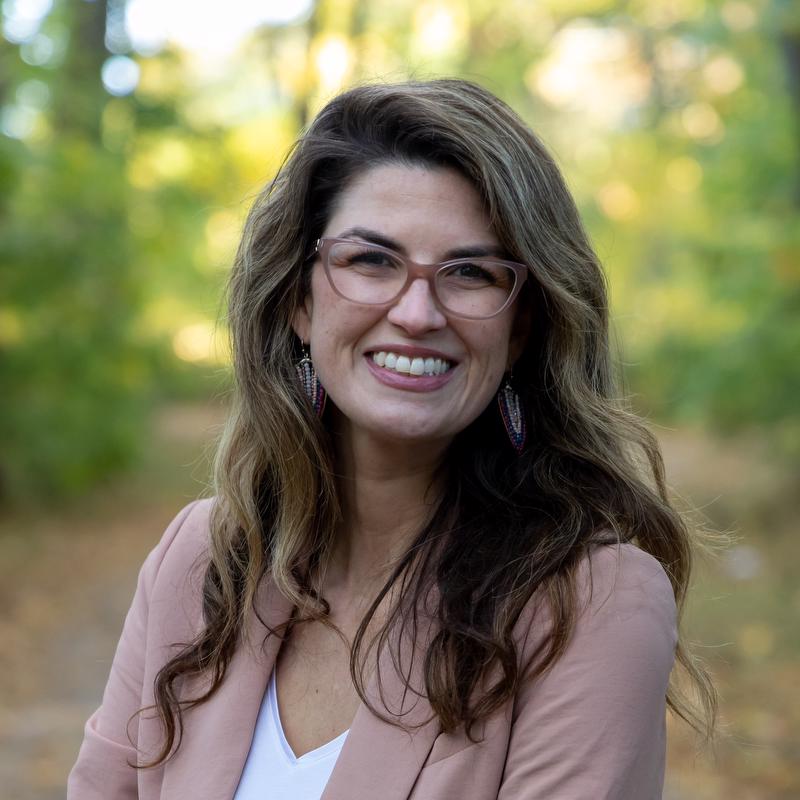
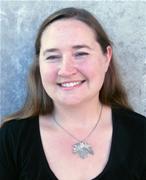 KL2 Scholar · News
KL2 Scholar · News
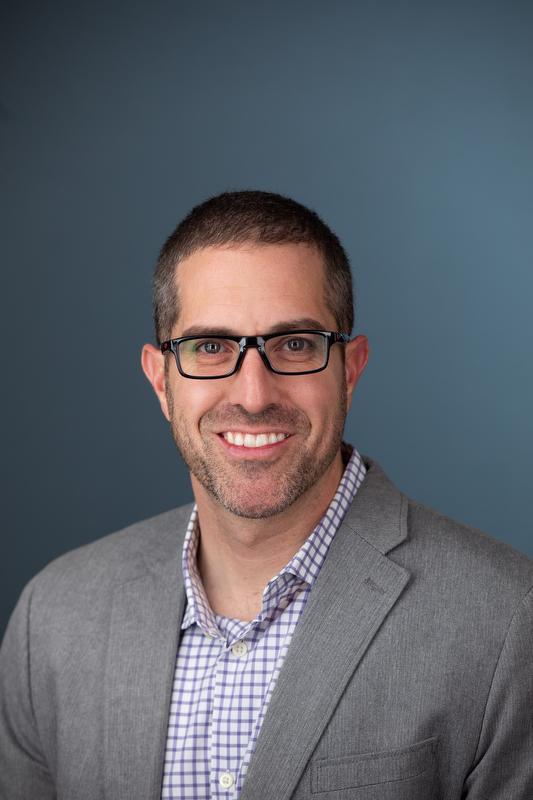 News
News

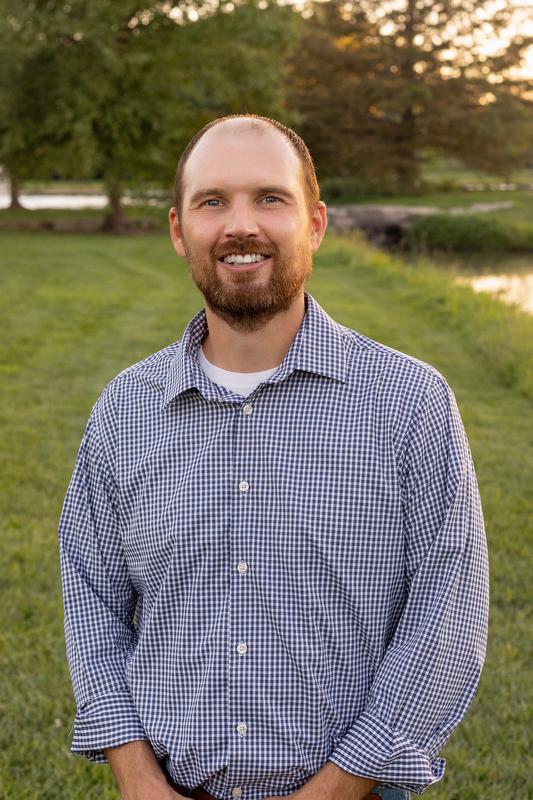 Funded Projects · News
Funded Projects · News
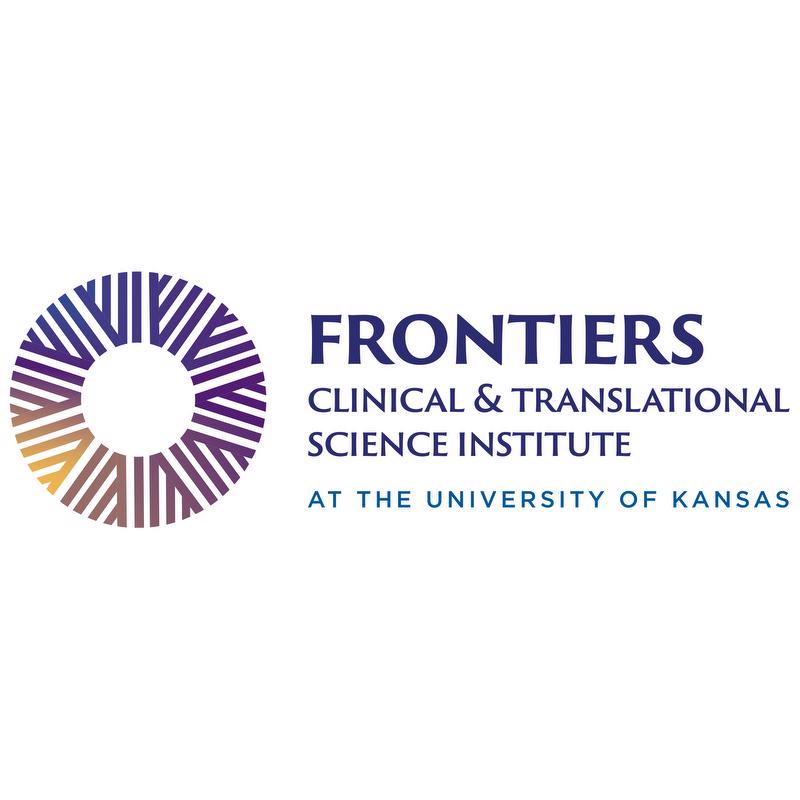 News
News
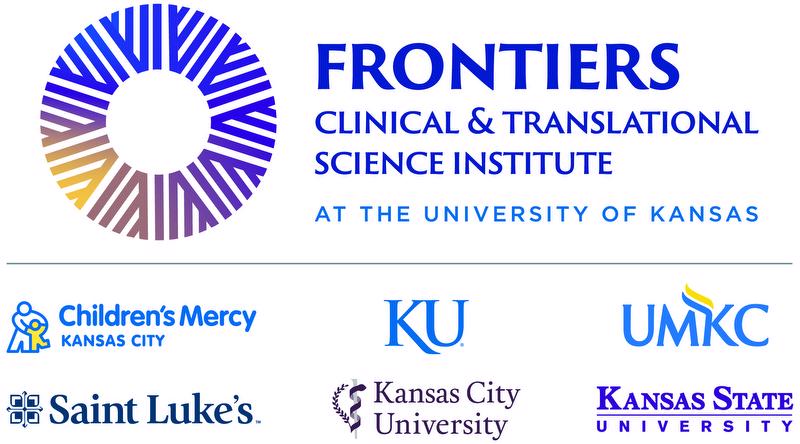 Partner News · News
Partner News · News
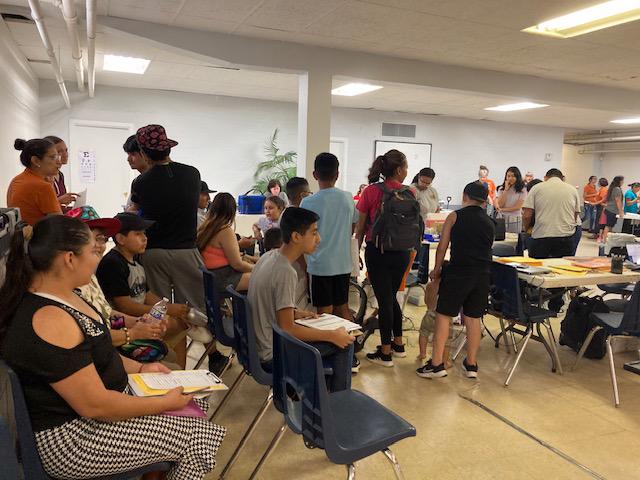 News · In the Community
News · In the Community
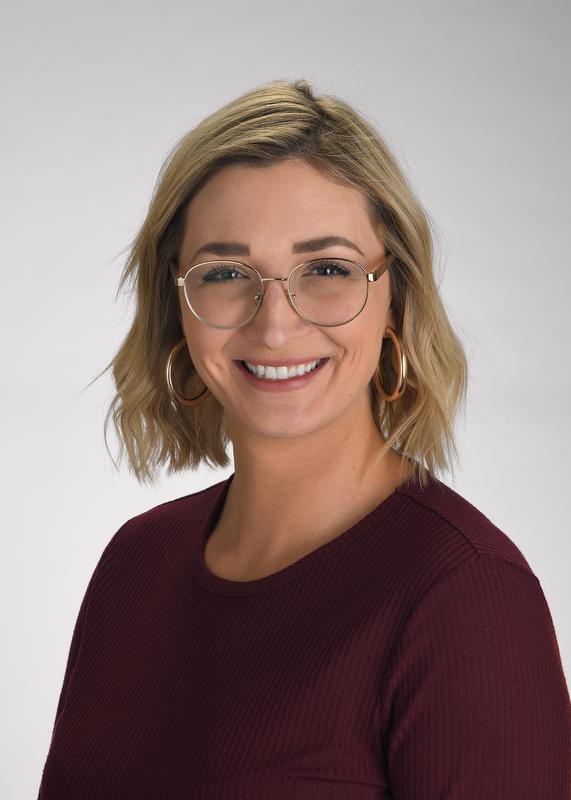
 0
0

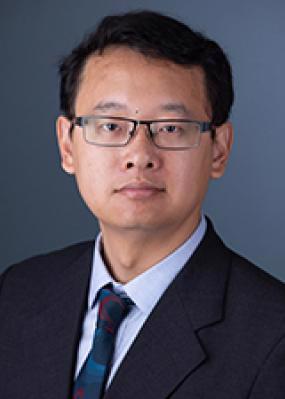 Funded Projects · News
Funded Projects · News
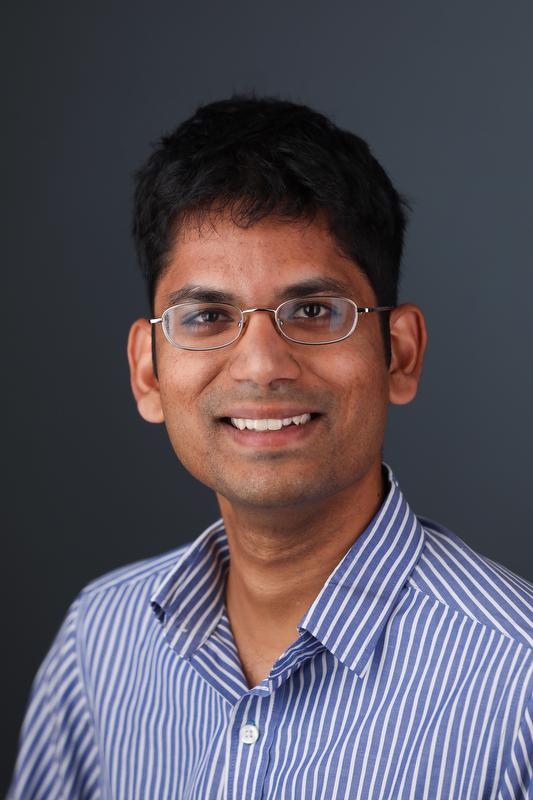 Funded Projects · News
Funded Projects · News
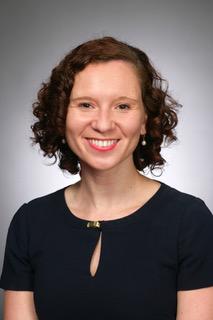 News
News
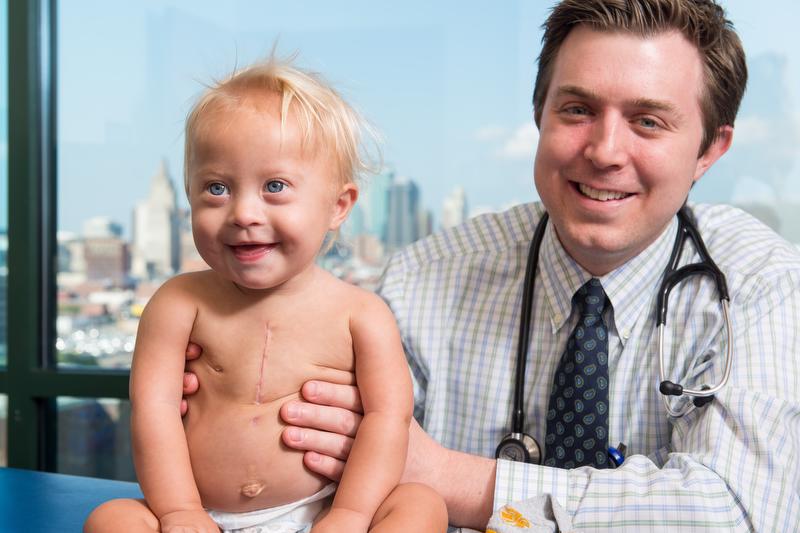 Funded Projects · News
Funded Projects · News
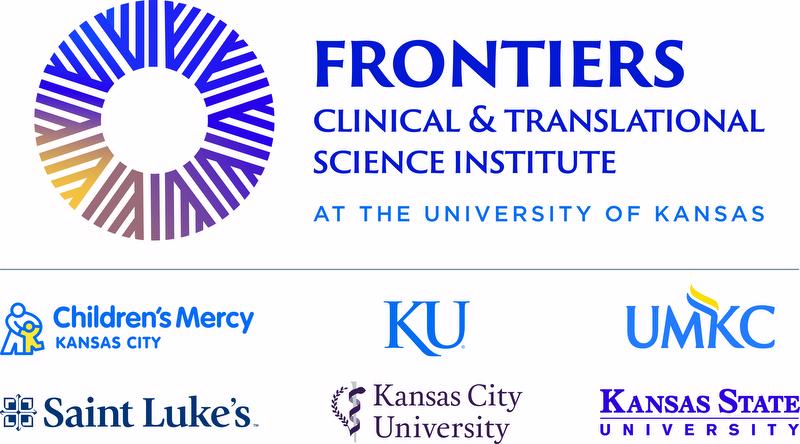 Funded Projects · News
Funded Projects · News
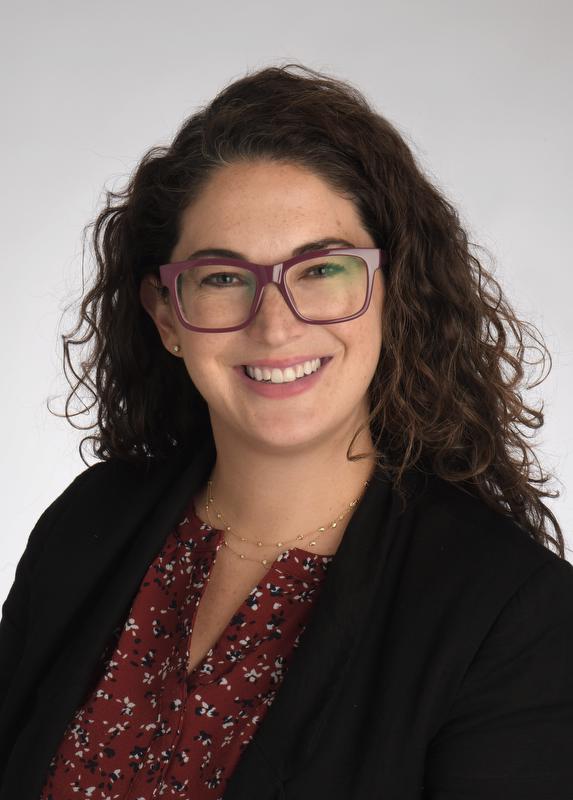 News
News
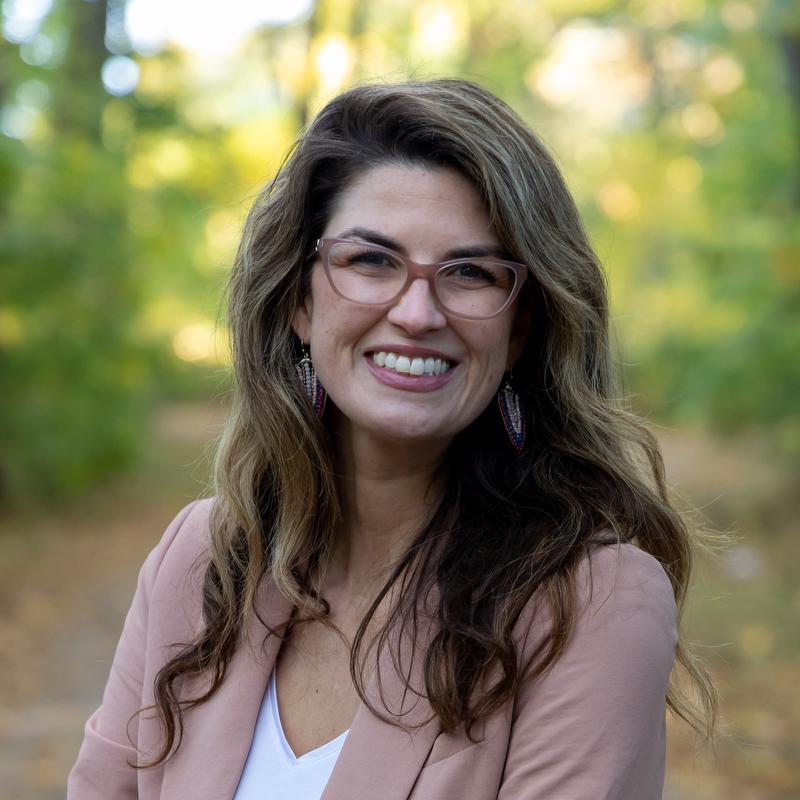 Events · News
Events · News
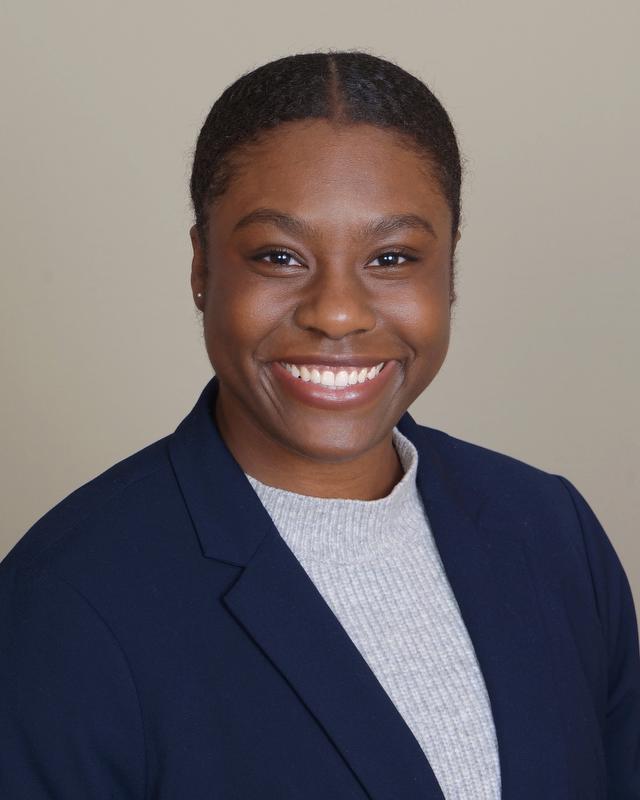 TL1 Trainee · News
TL1 Trainee · News
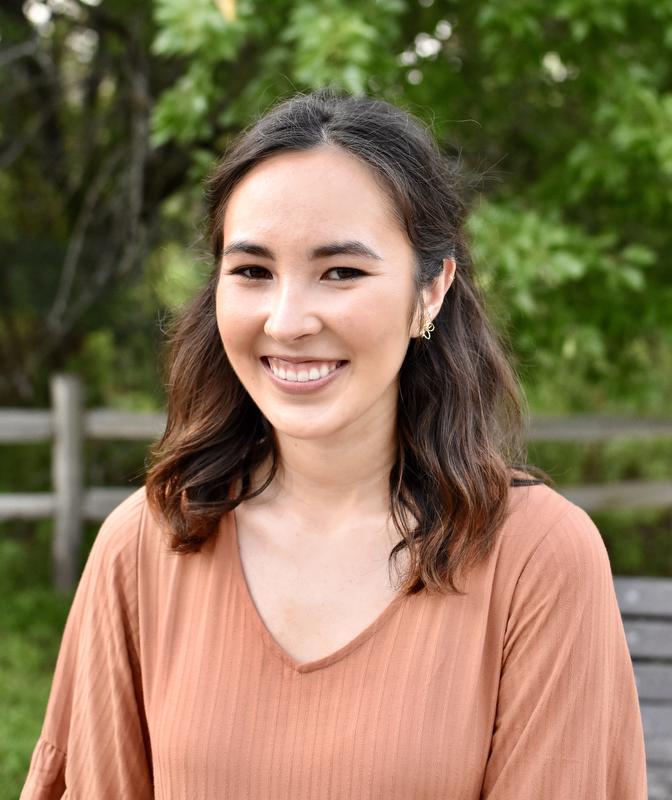 TL1 Trainee · News
TL1 Trainee · News
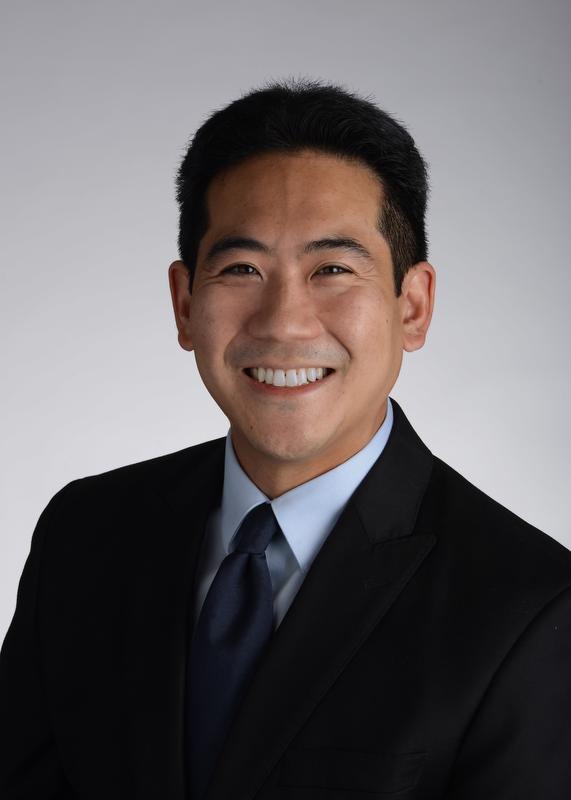 News
News
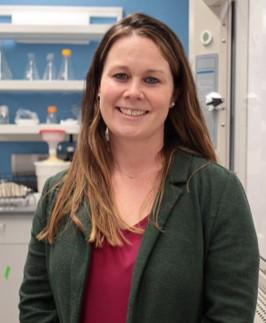 Funded Projects · News
Funded Projects · News
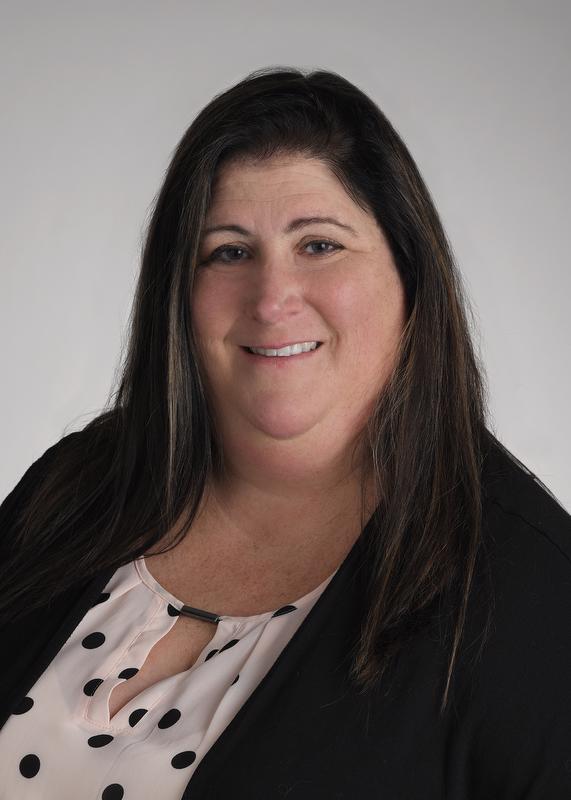 News
News
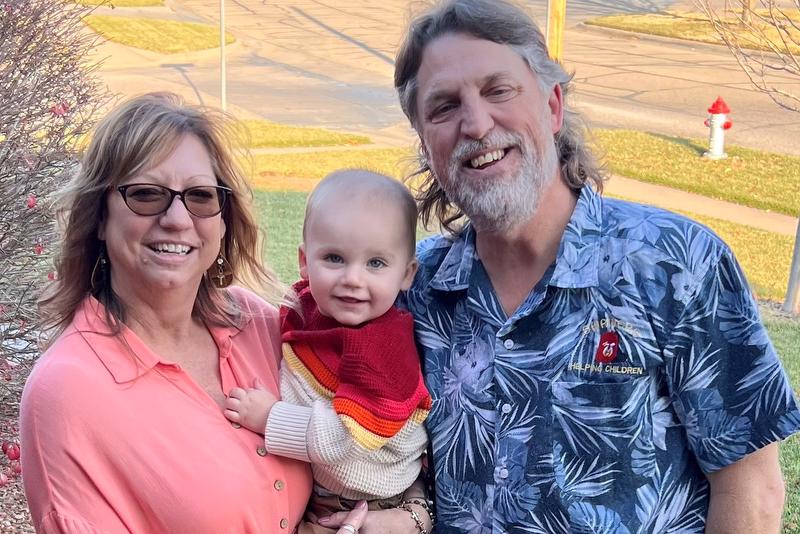 Partner News · News
Partner News · News
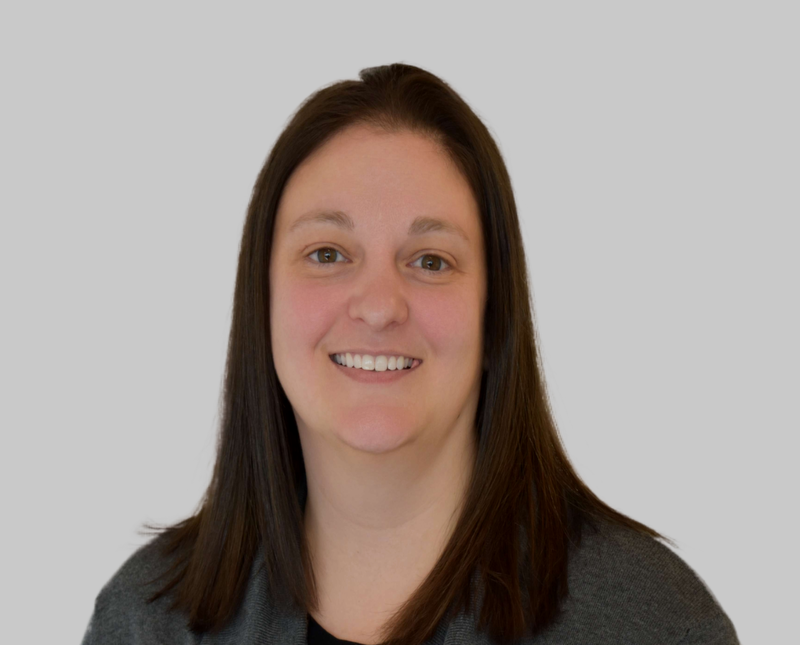 TL1 Trainee · News
TL1 Trainee · News
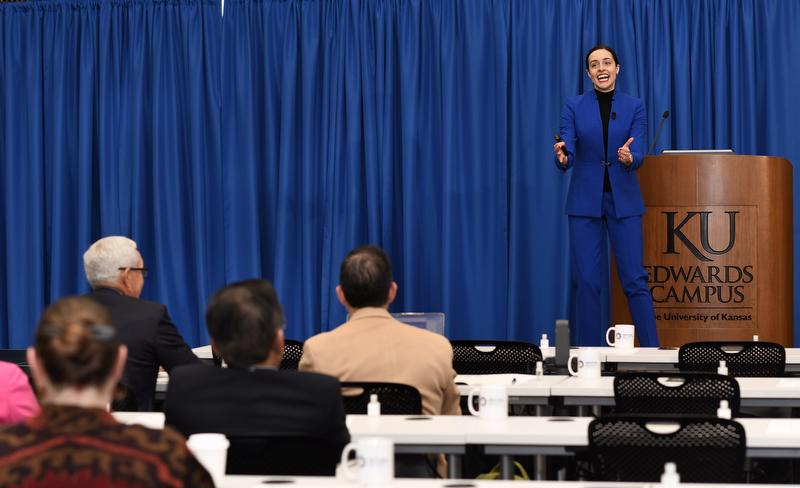 Events · News
Events · News
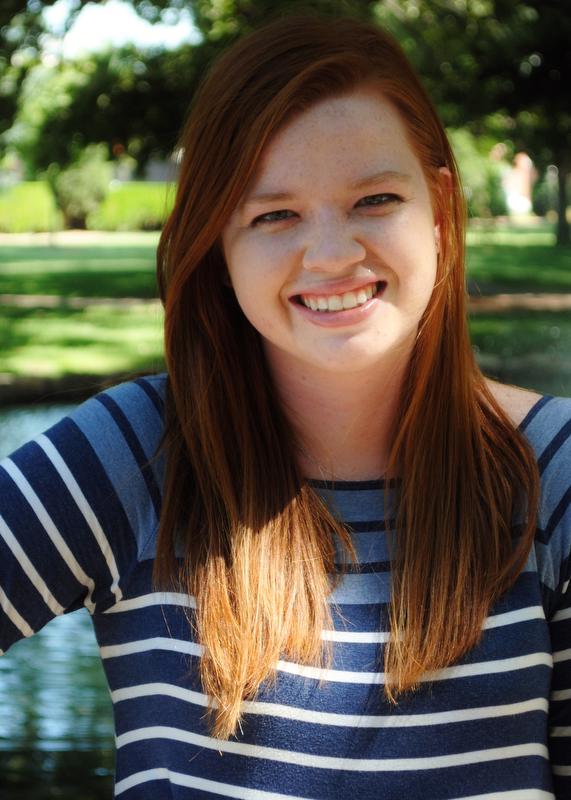 KL2 Scholar · News
KL2 Scholar · News
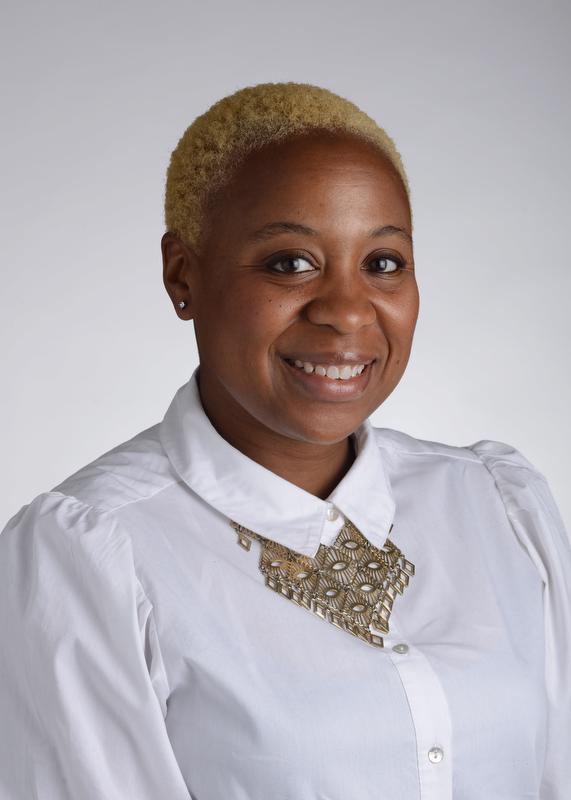 News
News
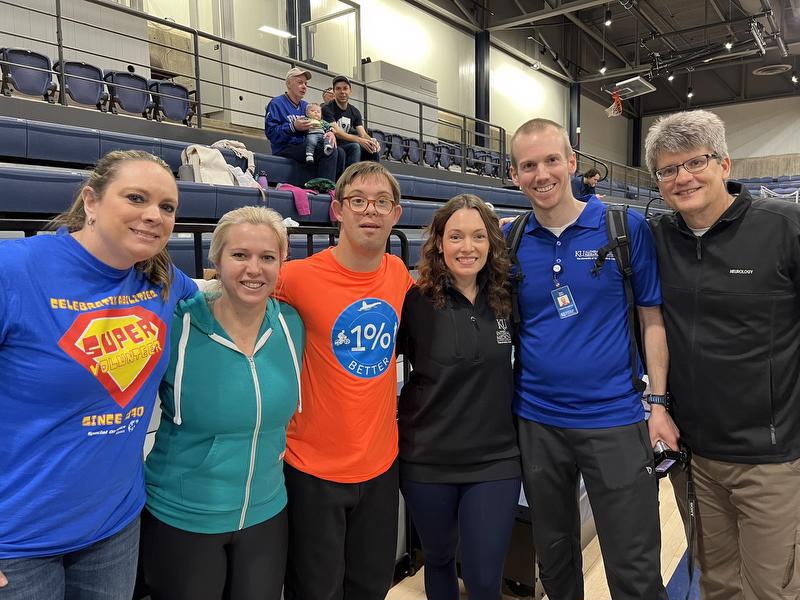 TL1 Trainee · News
TL1 Trainee · News
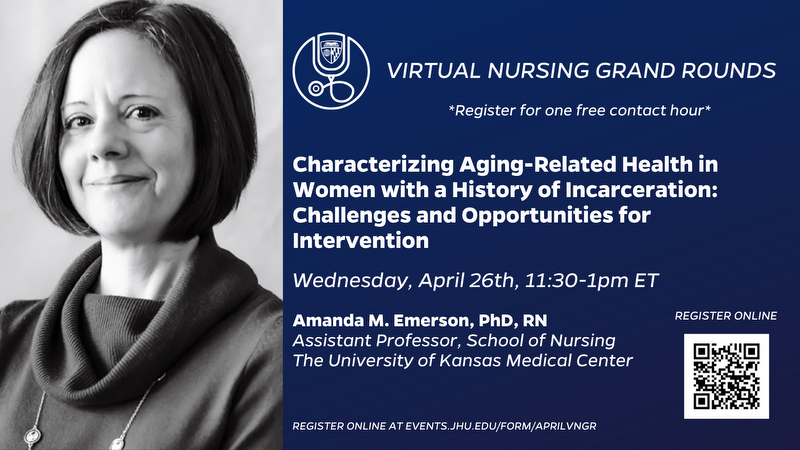 News · KL2 Scholar
News · KL2 Scholar
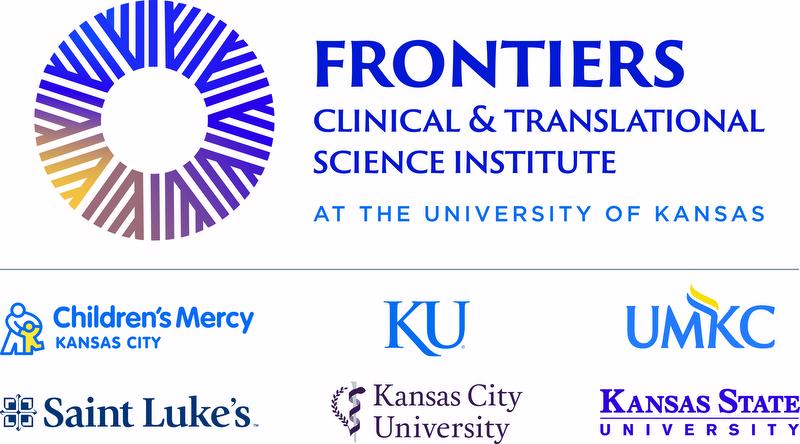
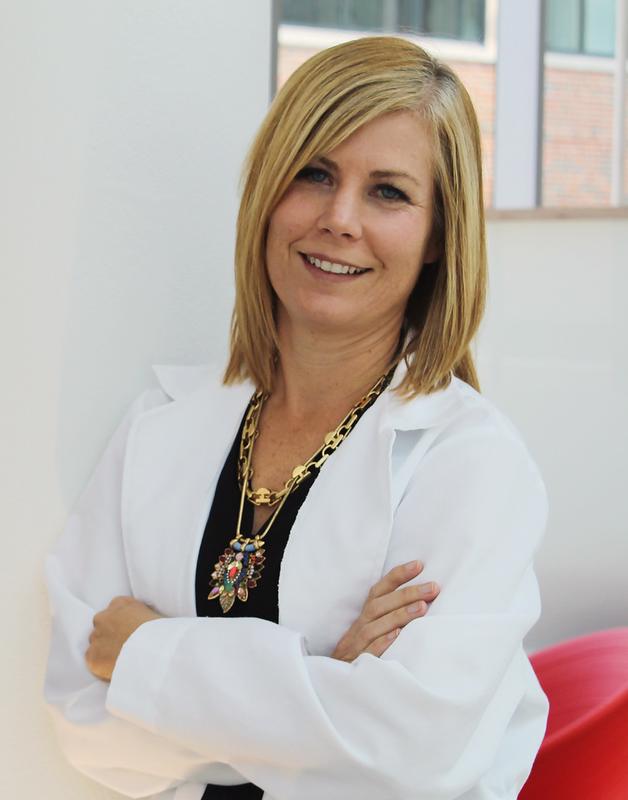 TL1 Trainee · News
TL1 Trainee · News
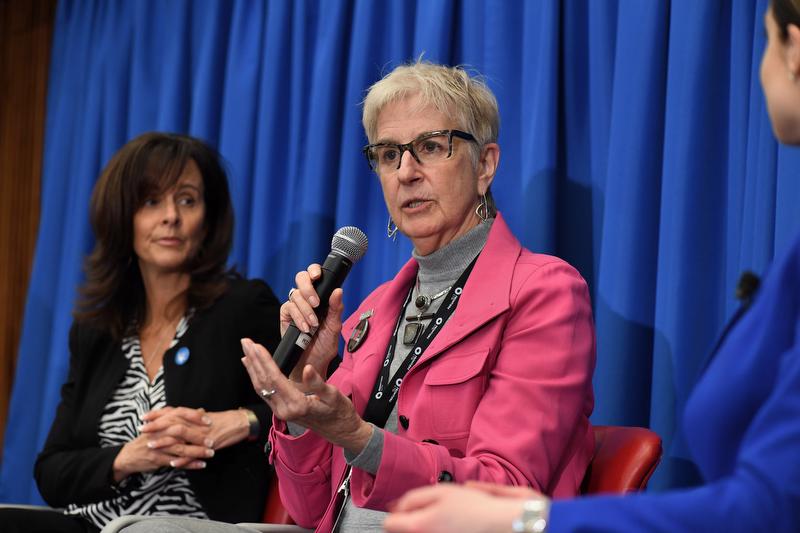 Events · News
Events · News
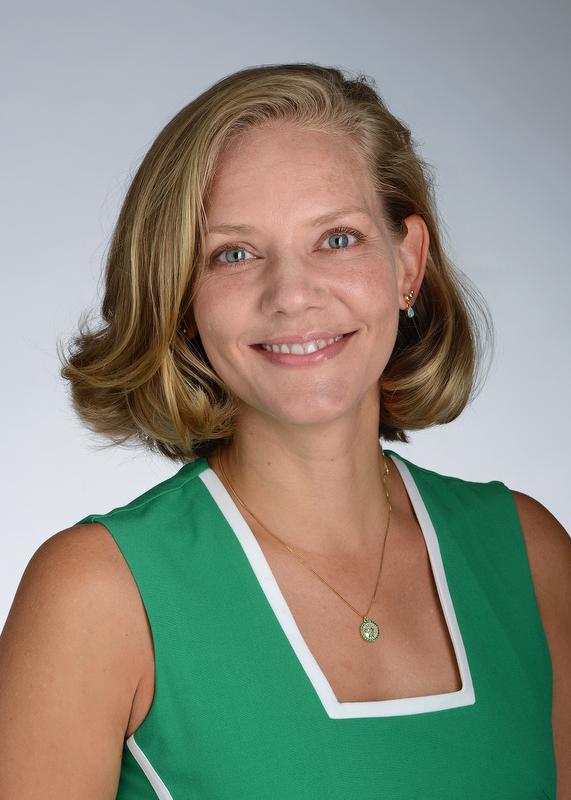 News
News
 News
News
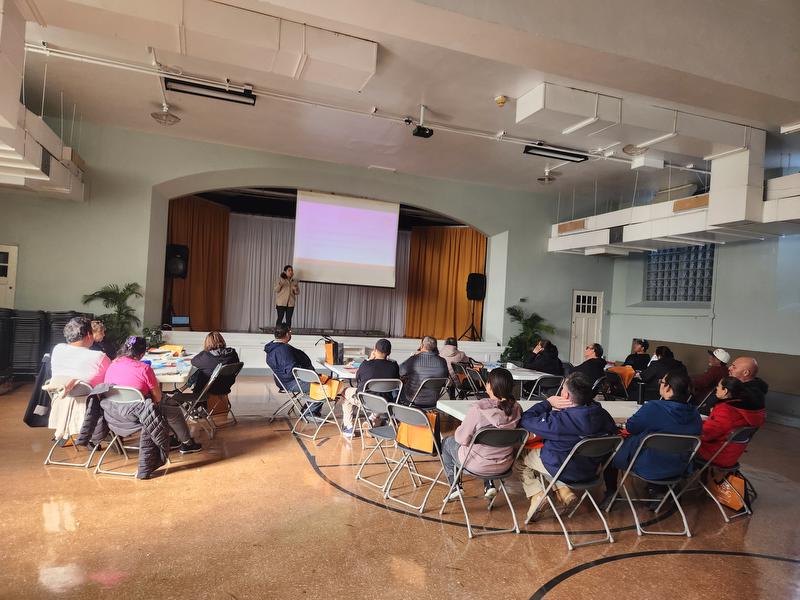

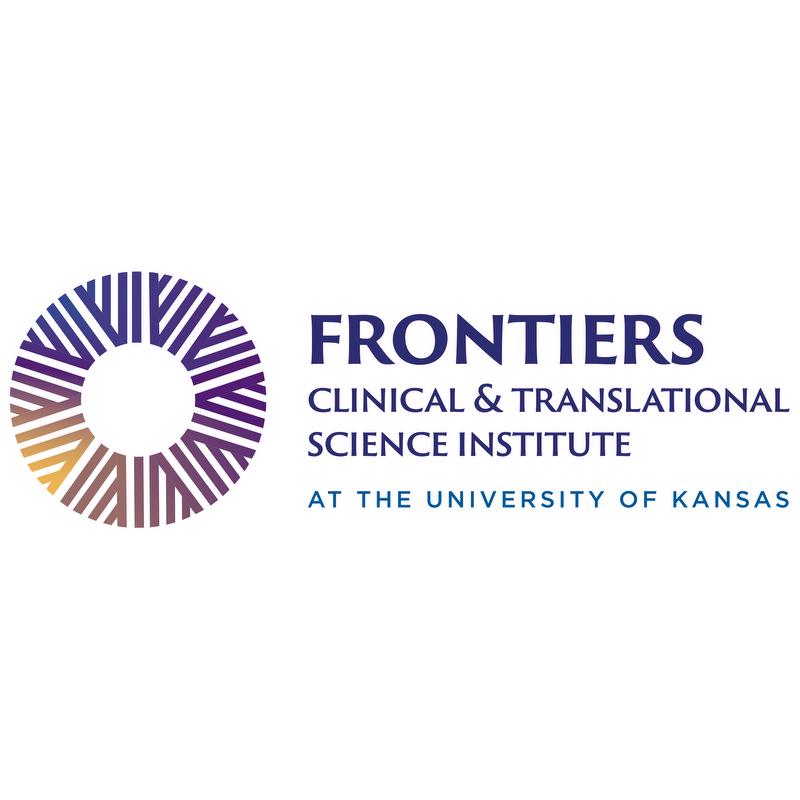 News
News
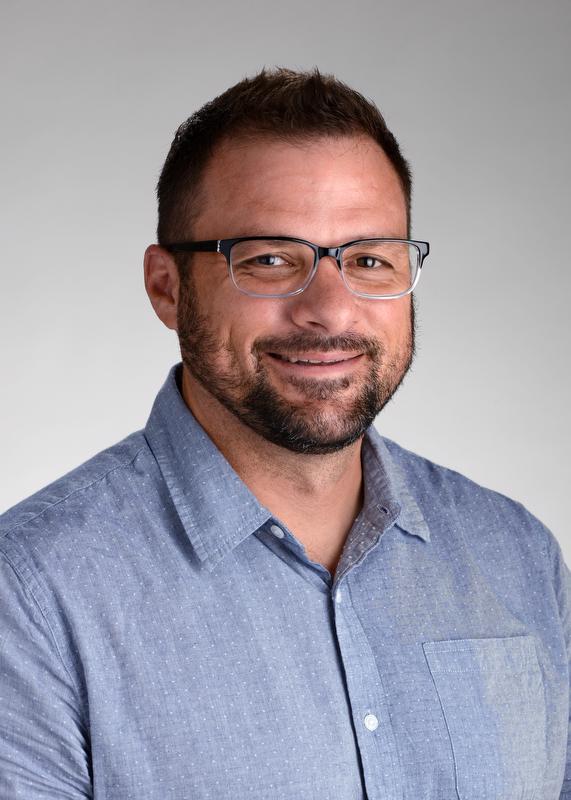
 40
40

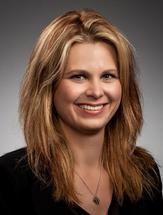 News
News
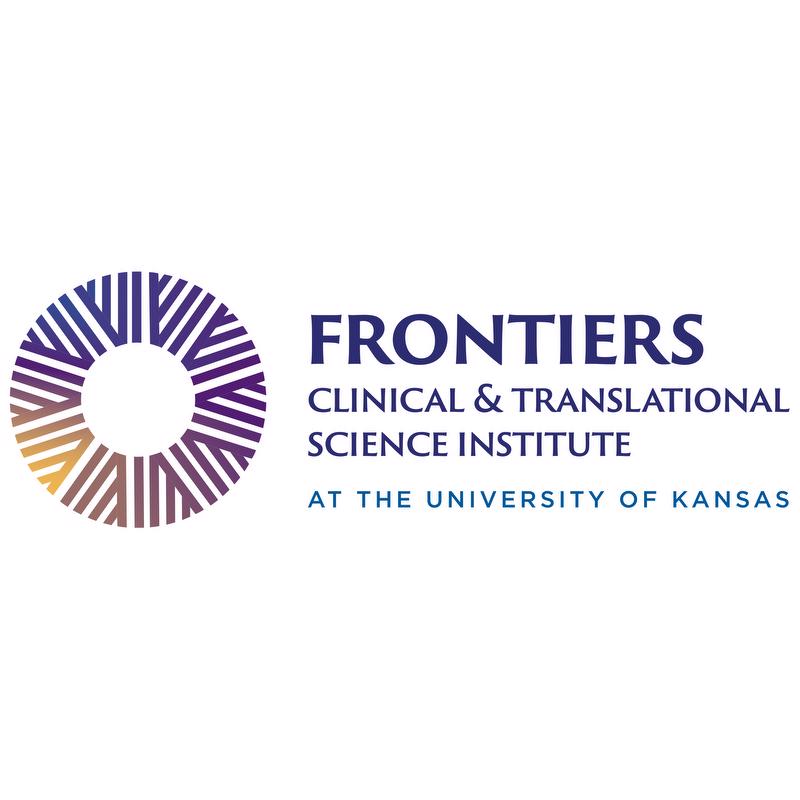 News
News
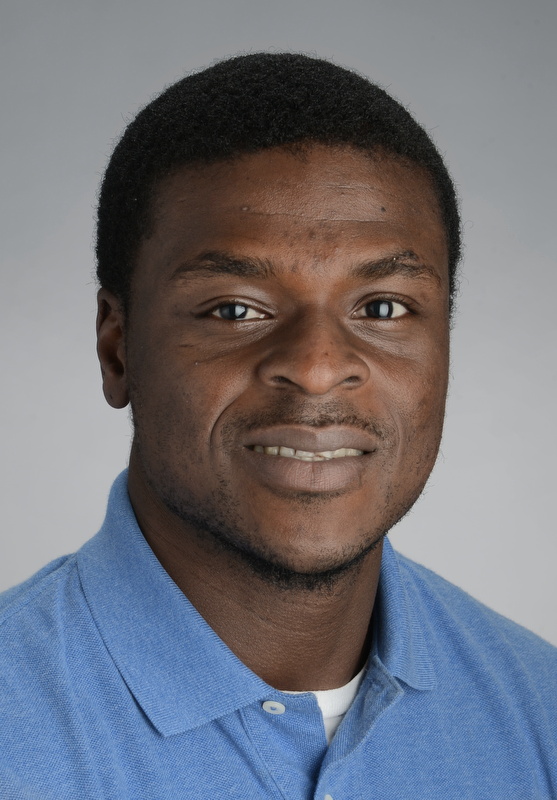 TL1 Trainee · News
TL1 Trainee · News
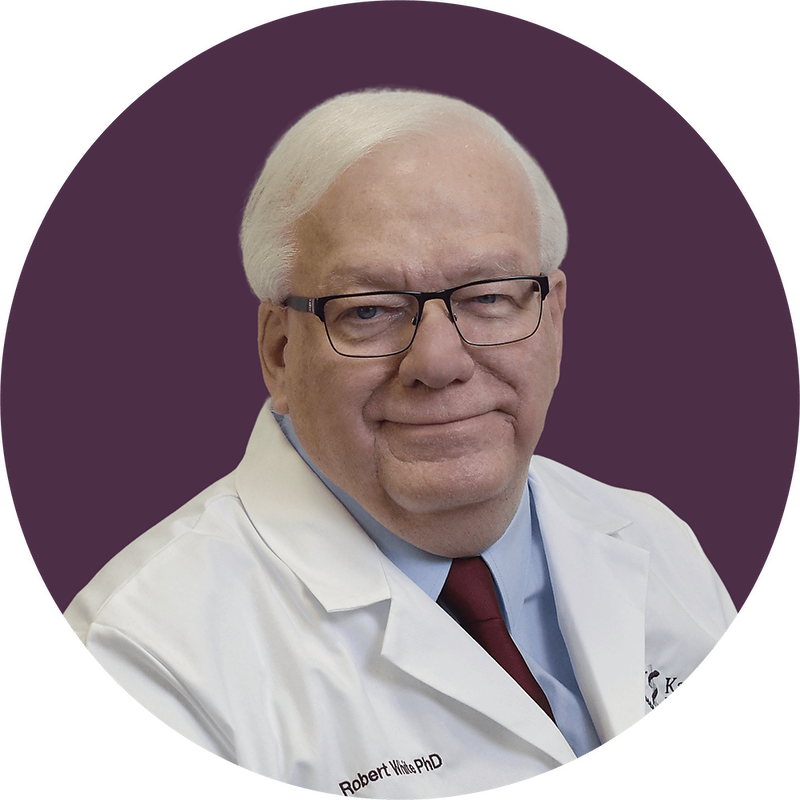 News
News
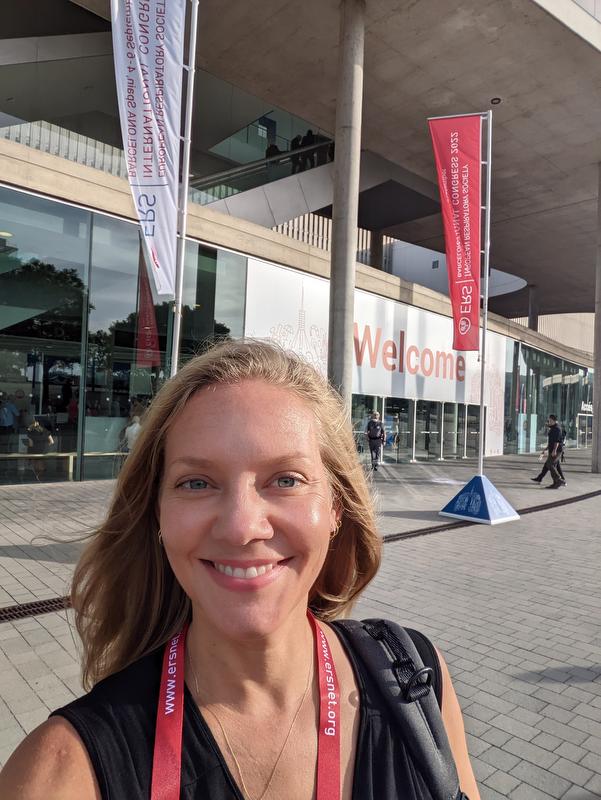 Funded Projects · News
Funded Projects · News
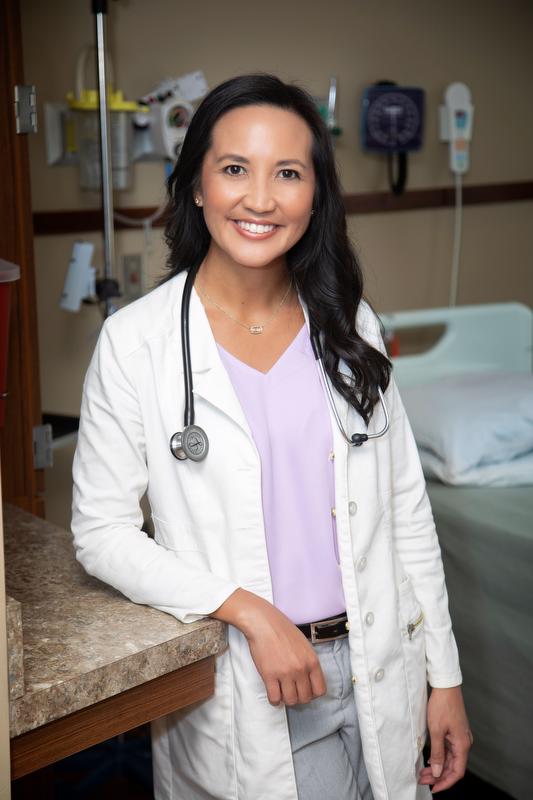 News · In the Community
News · In the Community
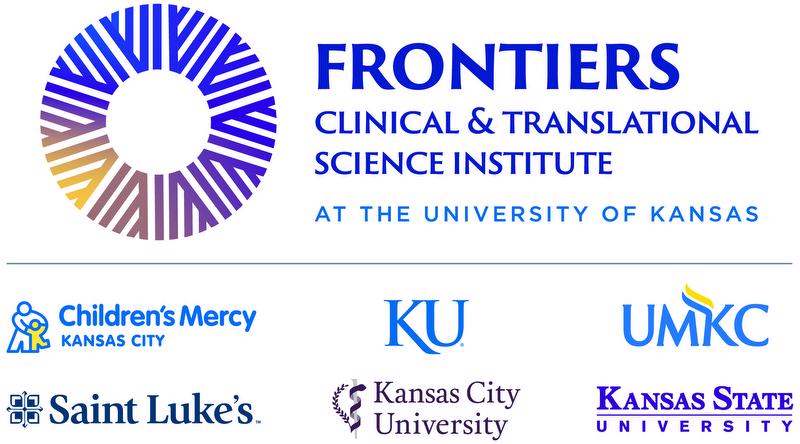 Funded Projects · News
Funded Projects · News
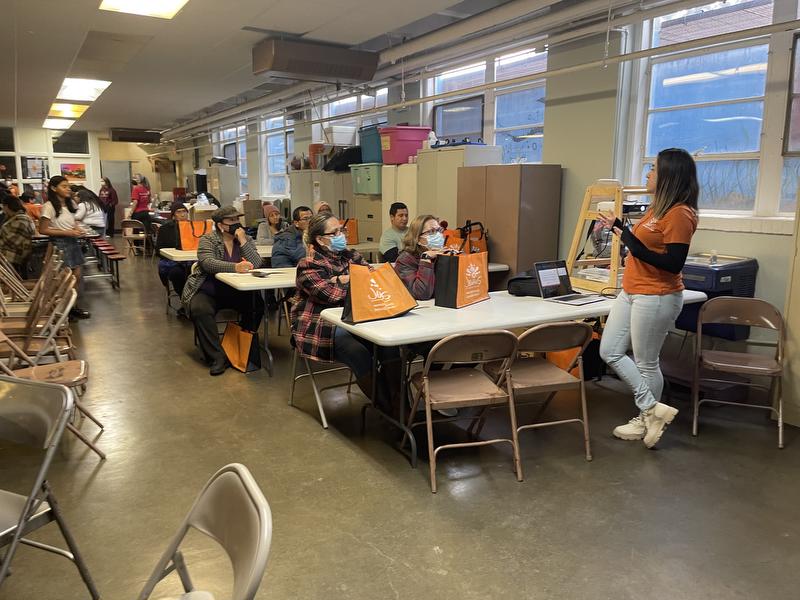 In the Community
In the Community
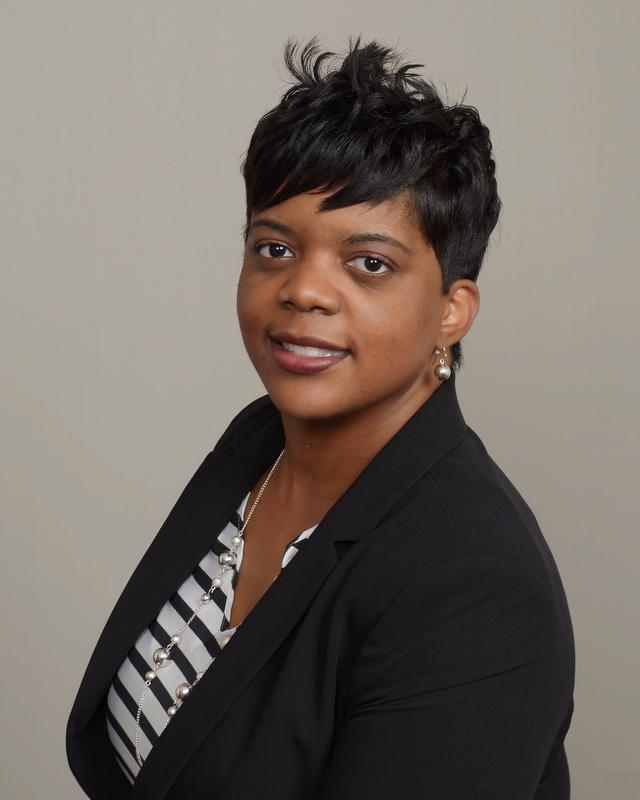 News · In the Community · Partner News
News · In the Community · Partner News
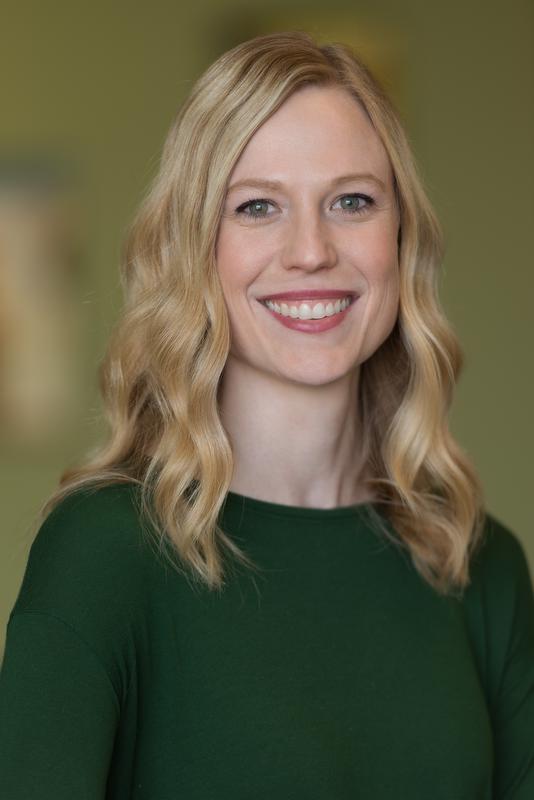 KL2 Scholar · News
KL2 Scholar · News
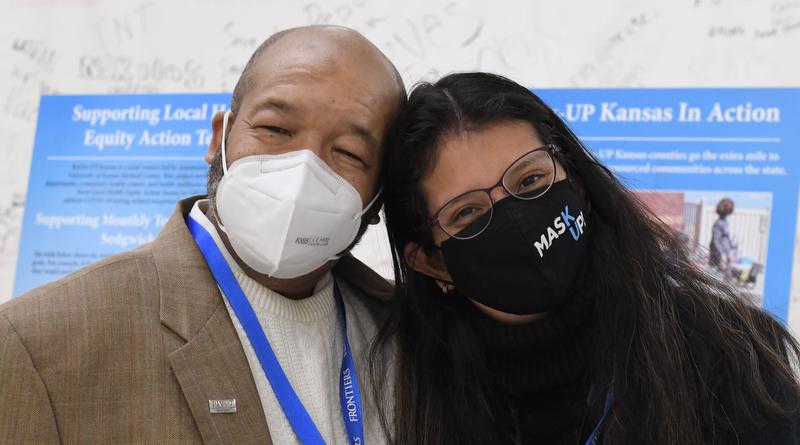 News · In the Community
News · In the Community
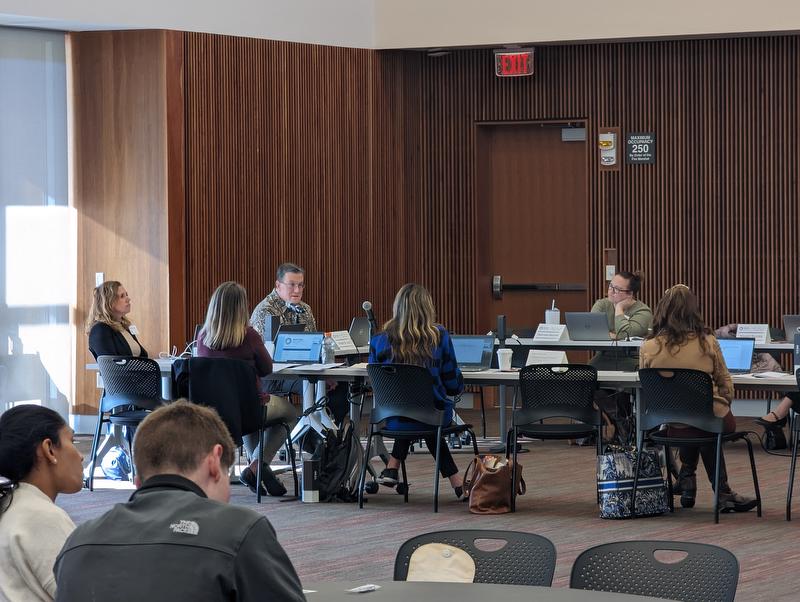 Events · News · Services
Events · News · Services
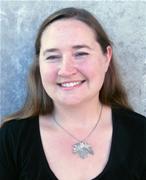 Funded Projects · News
Funded Projects · News
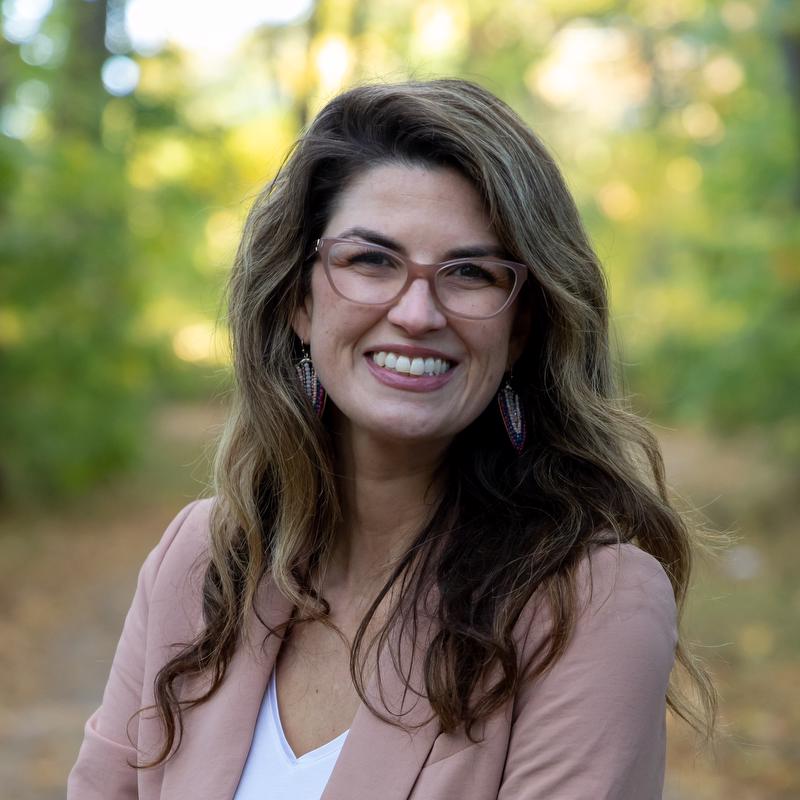 KL2 Scholar · Funded Projects · News
KL2 Scholar · Funded Projects · News
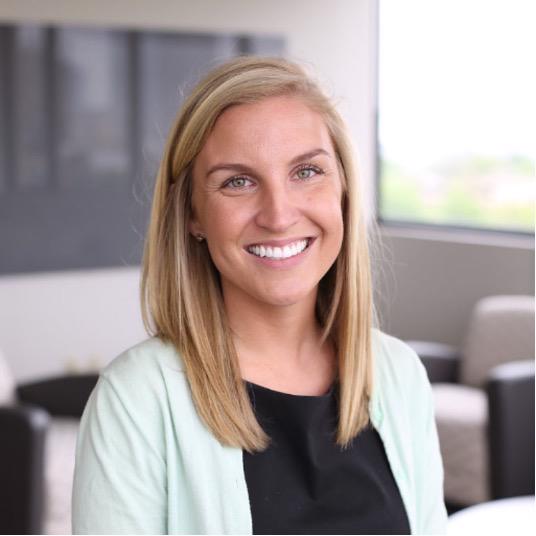 TL1 Trainee · Funded Projects · News
TL1 Trainee · Funded Projects · News
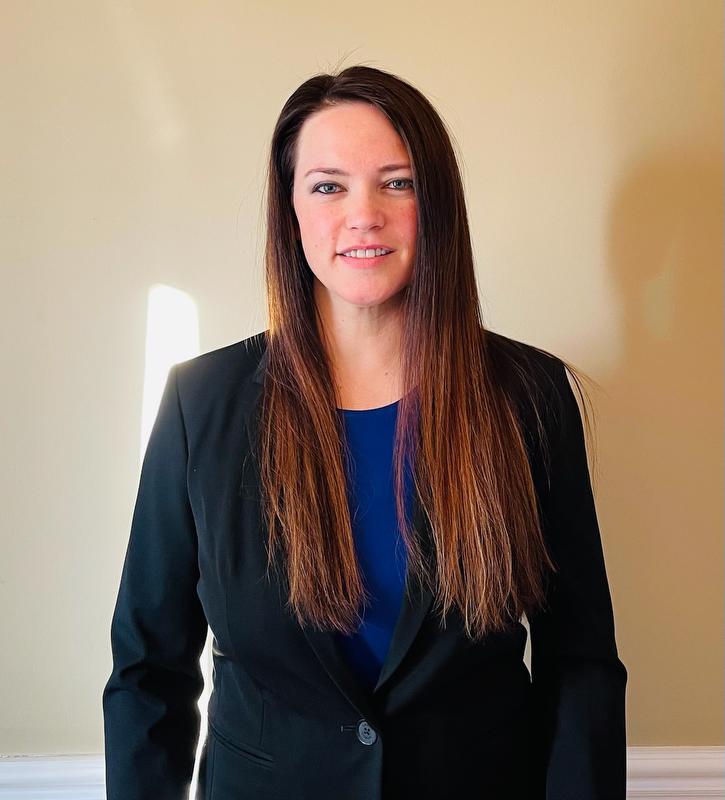 News
News
 News
News
 KL2 Scholar · Funded Projects
KL2 Scholar · Funded Projects
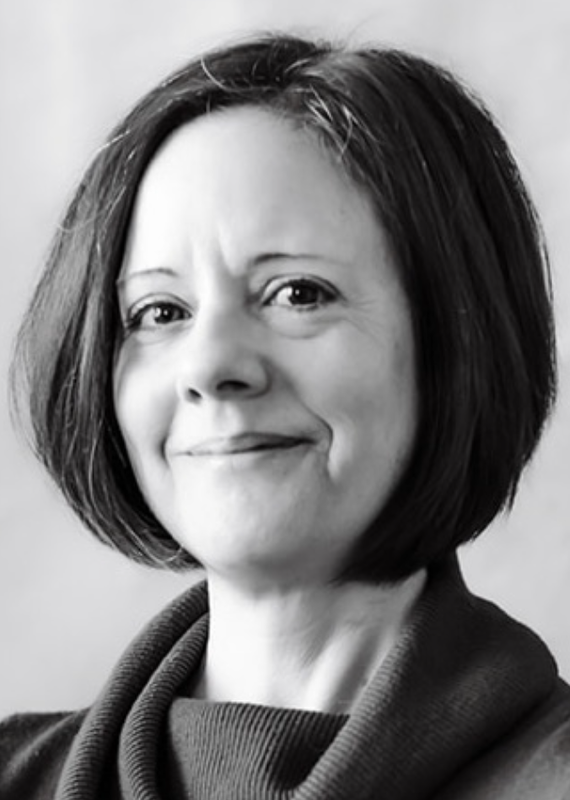 KL2 Scholar · Funded Projects
KL2 Scholar · Funded Projects
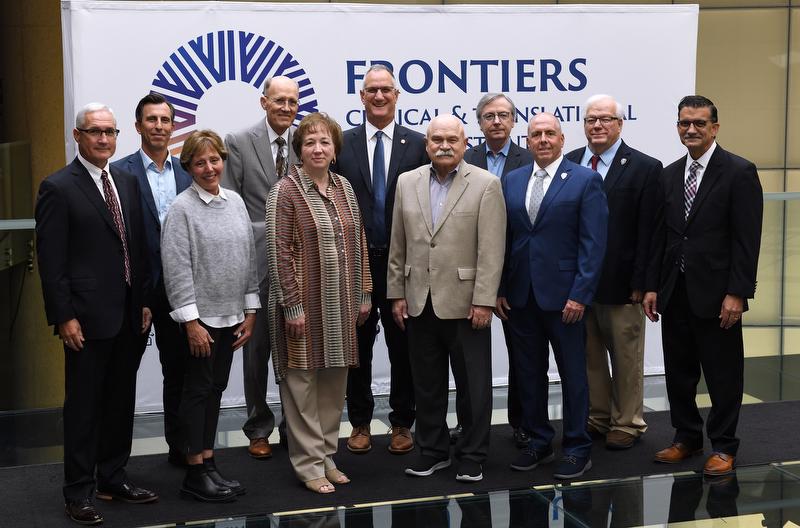 Events · News
Events · News
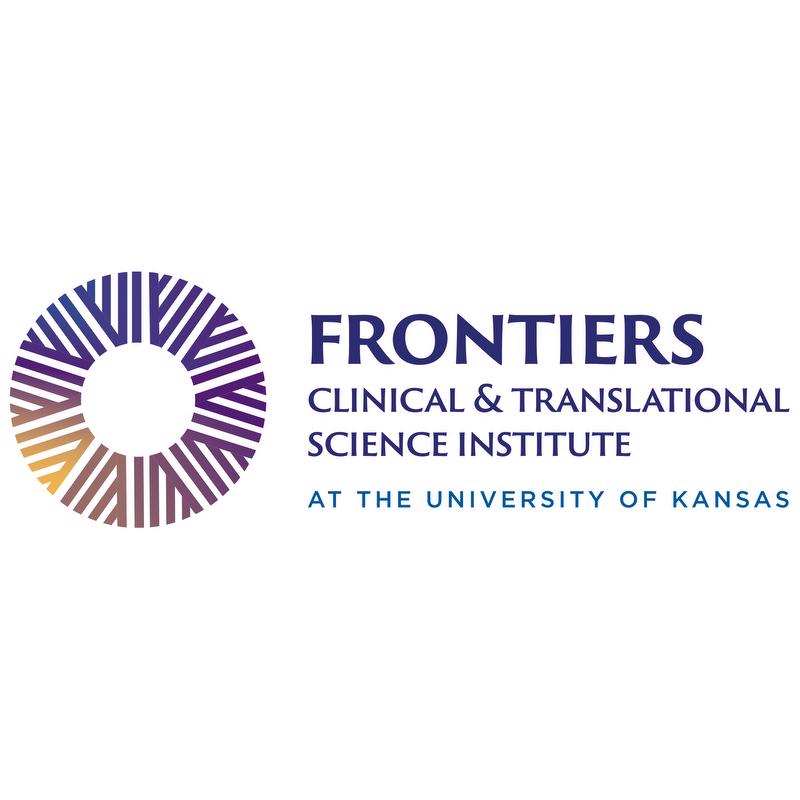 News
News
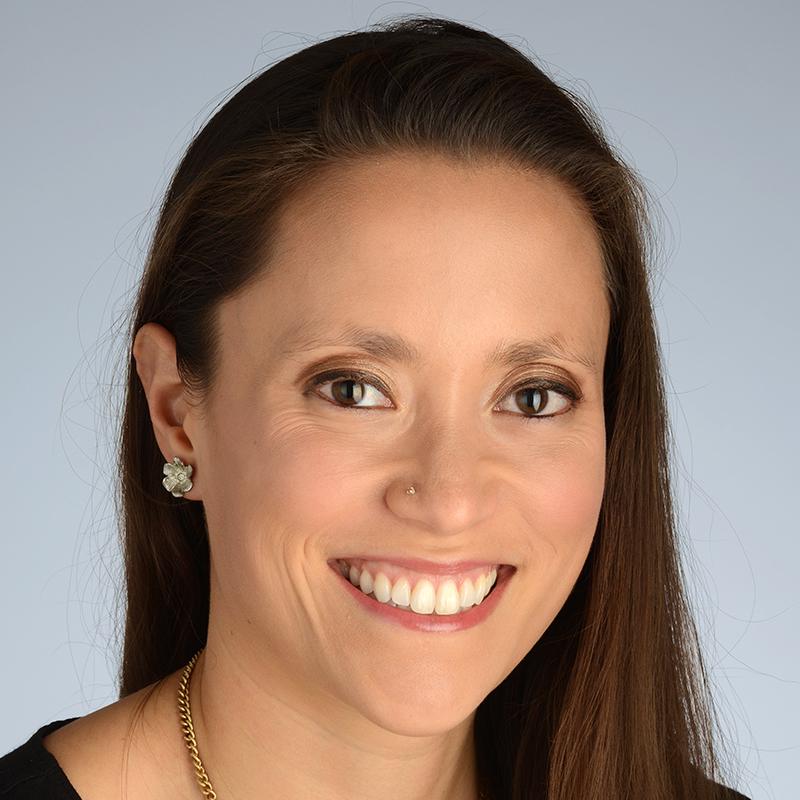 KL2 Scholar · Funded Projects
KL2 Scholar · Funded Projects
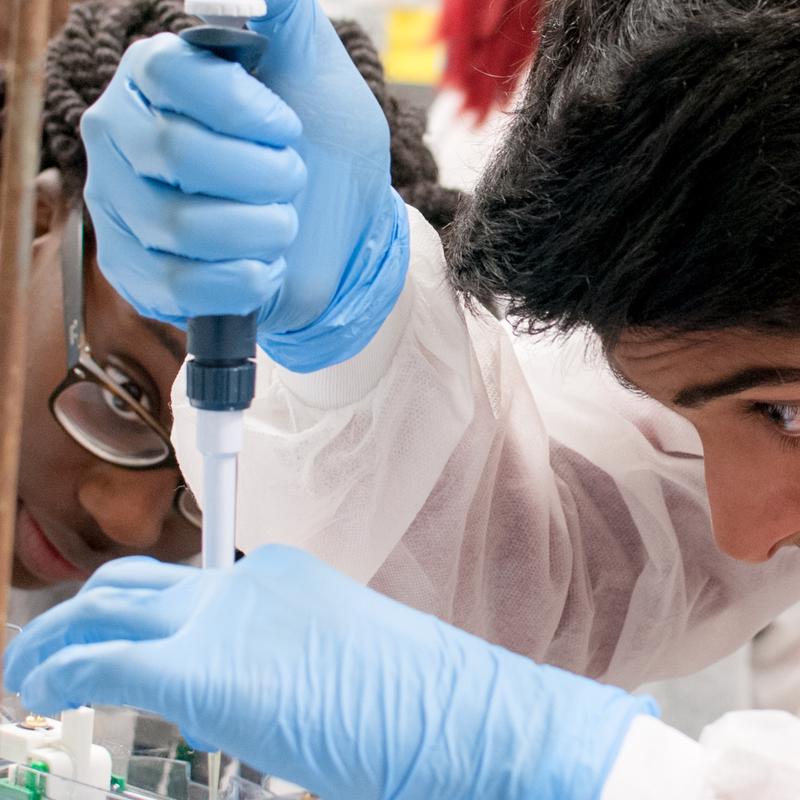 News
News
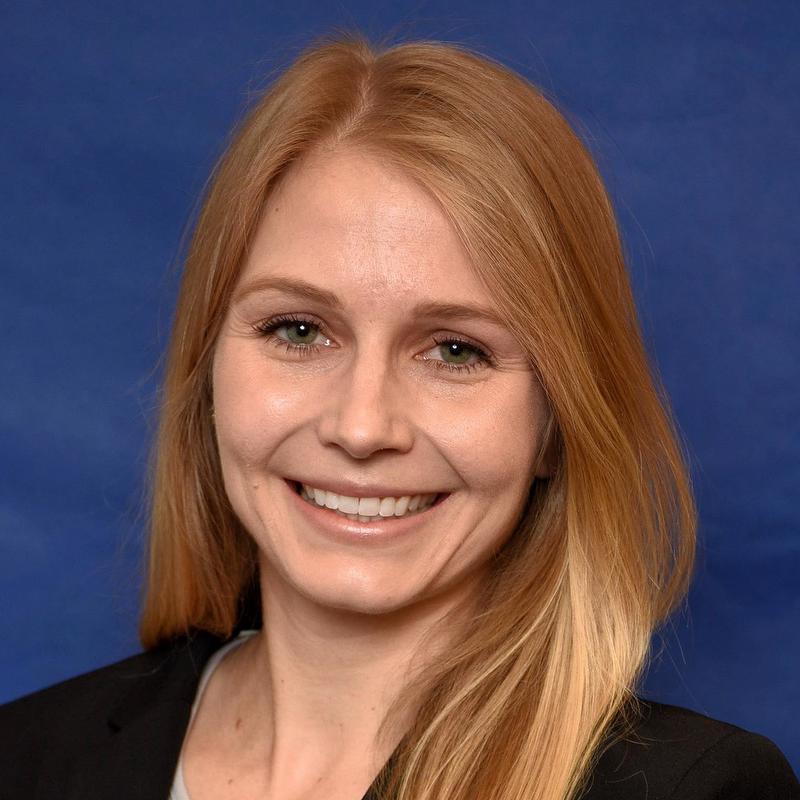 Funded Projects
Funded Projects
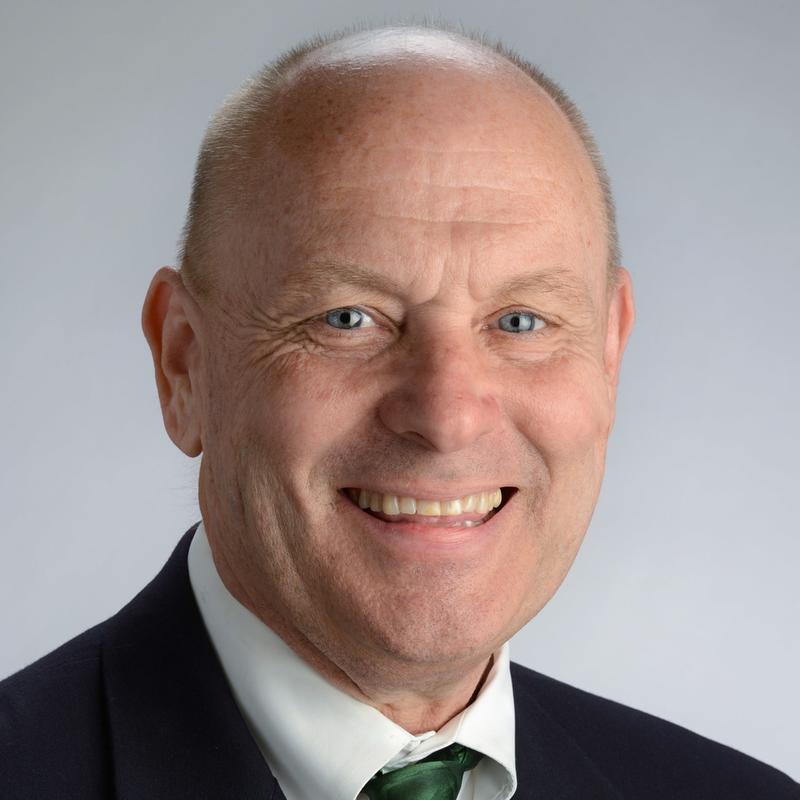
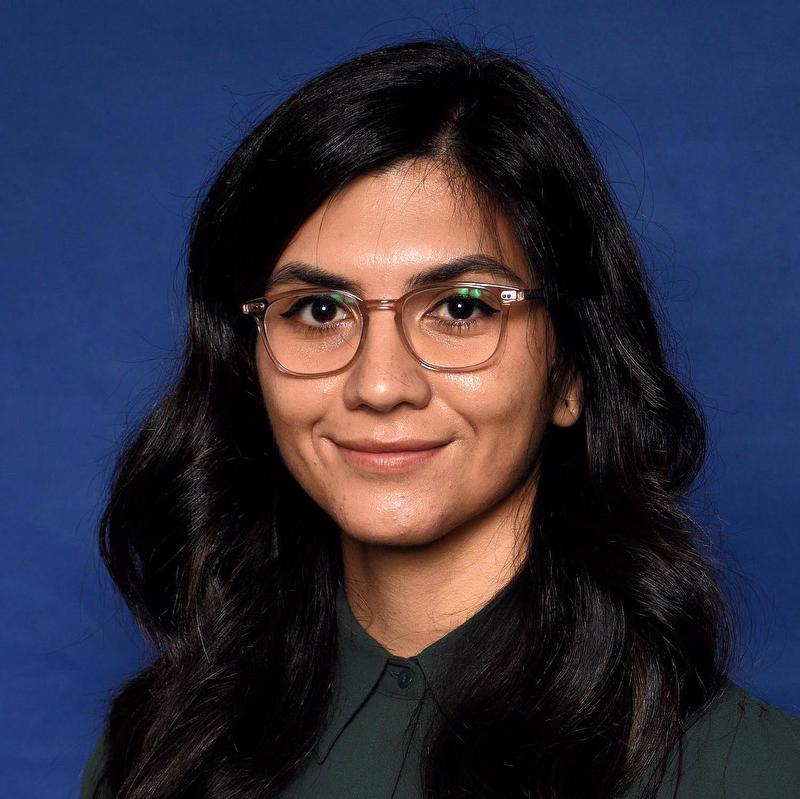 TL1 Trainee
TL1 Trainee
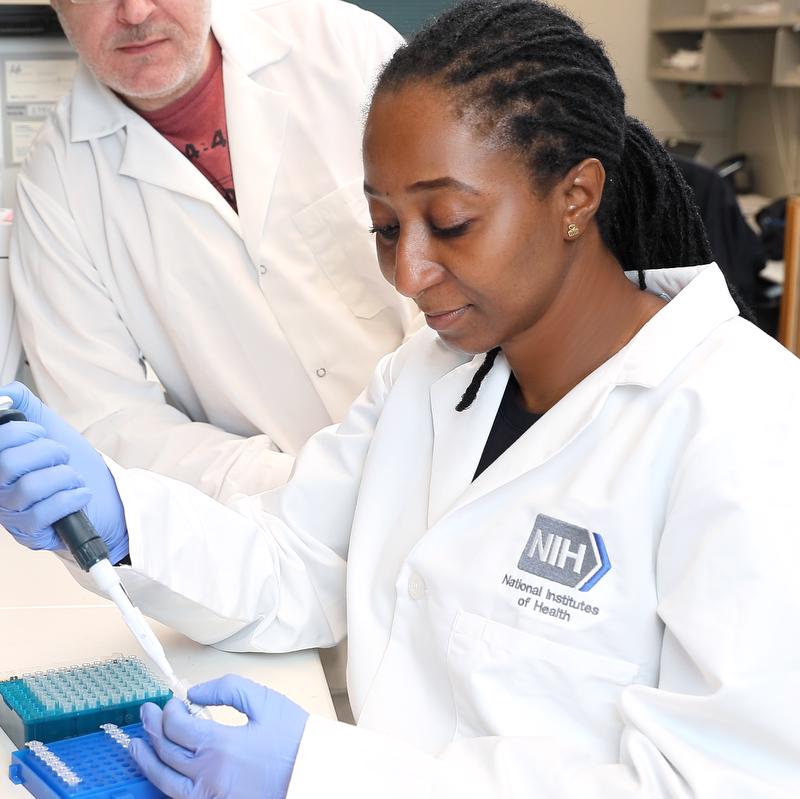 News
News
 Funded Projects
Funded Projects
